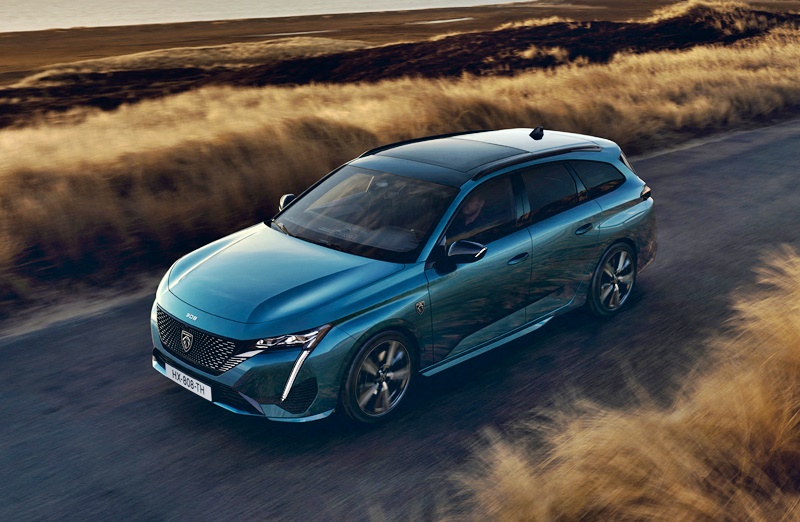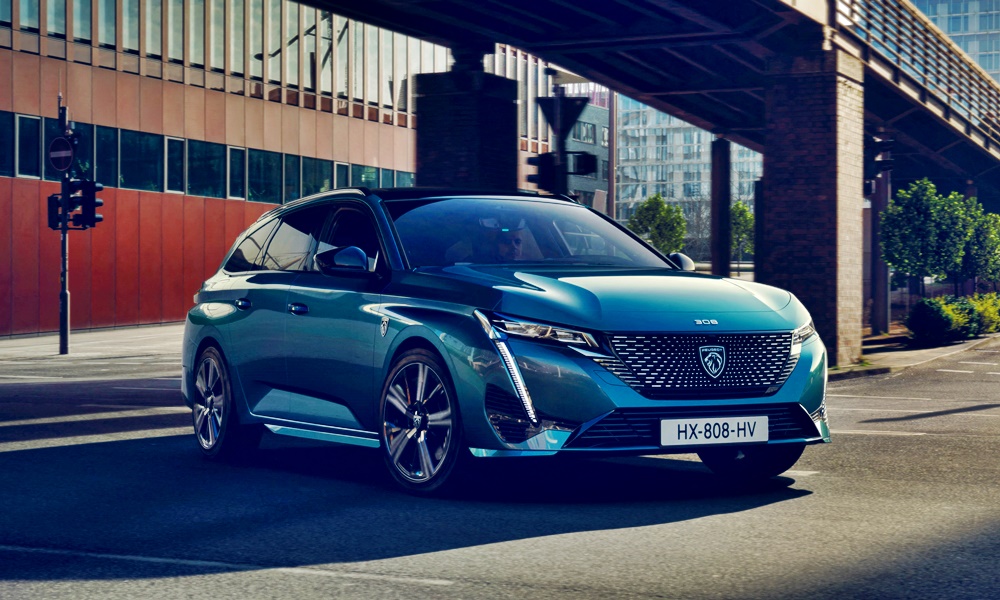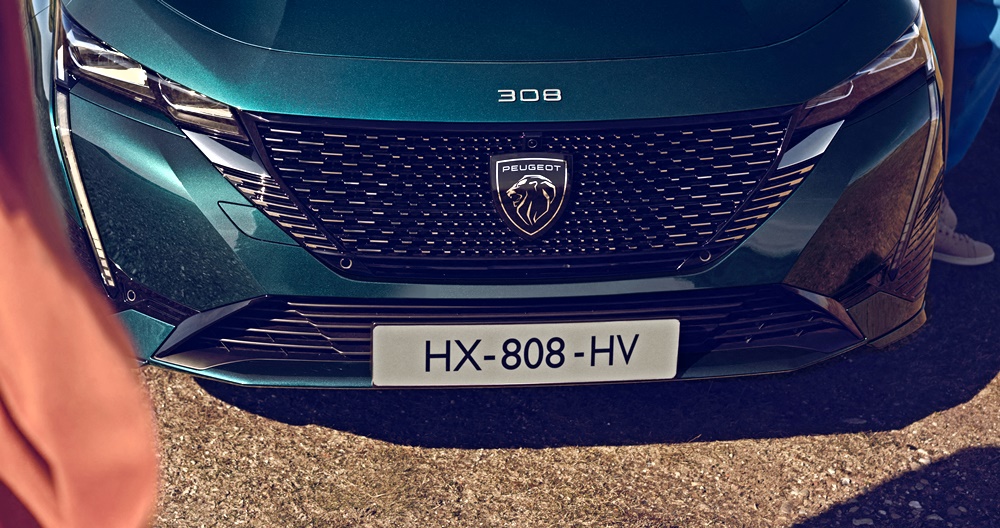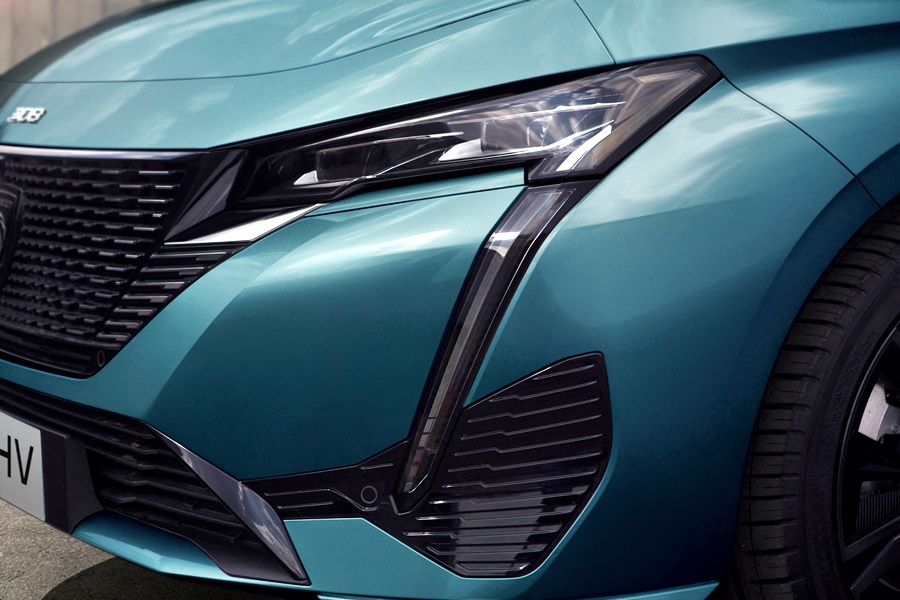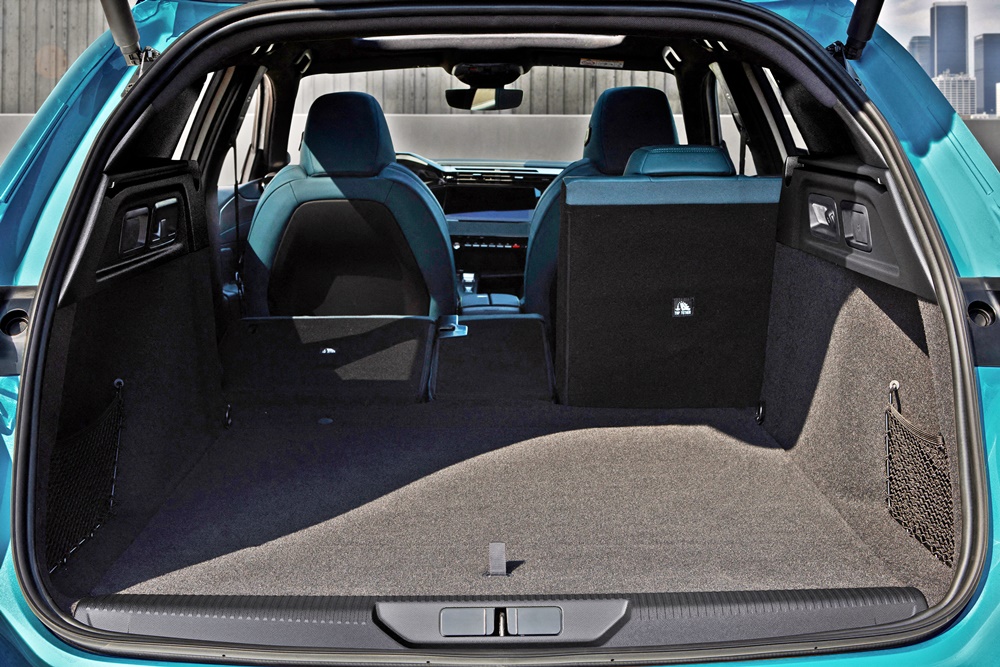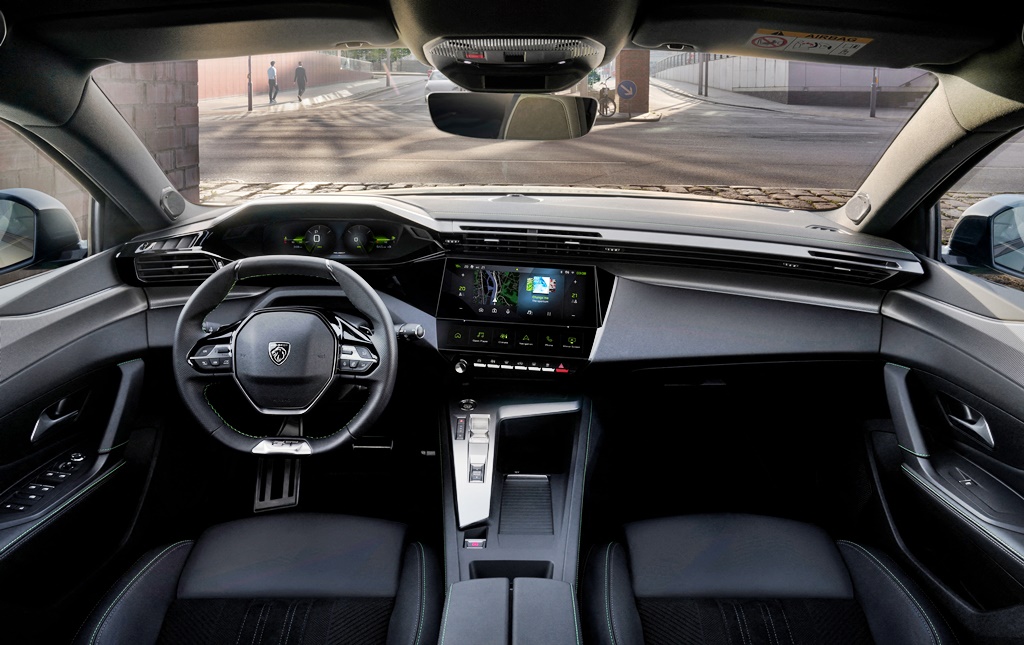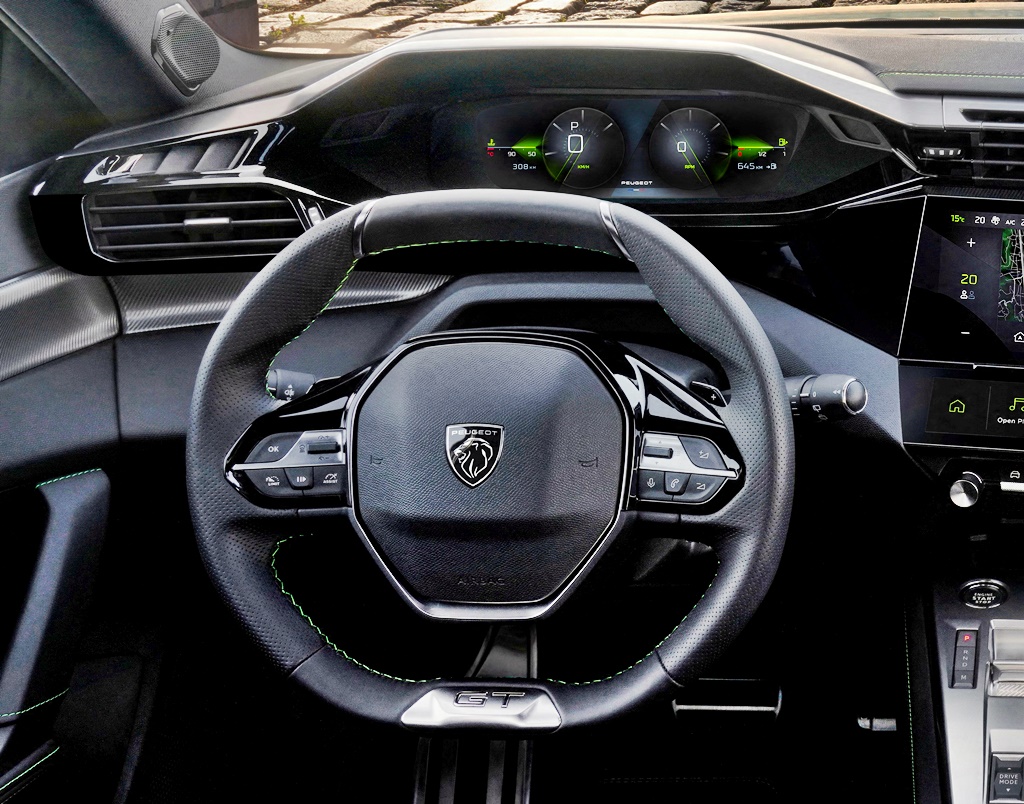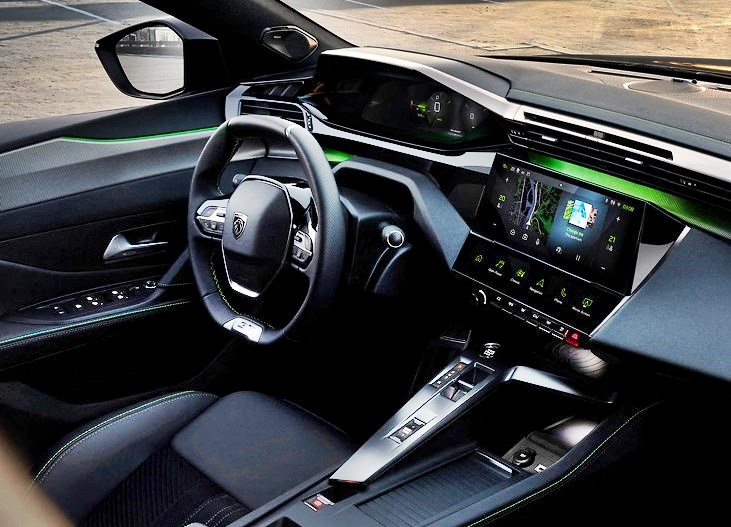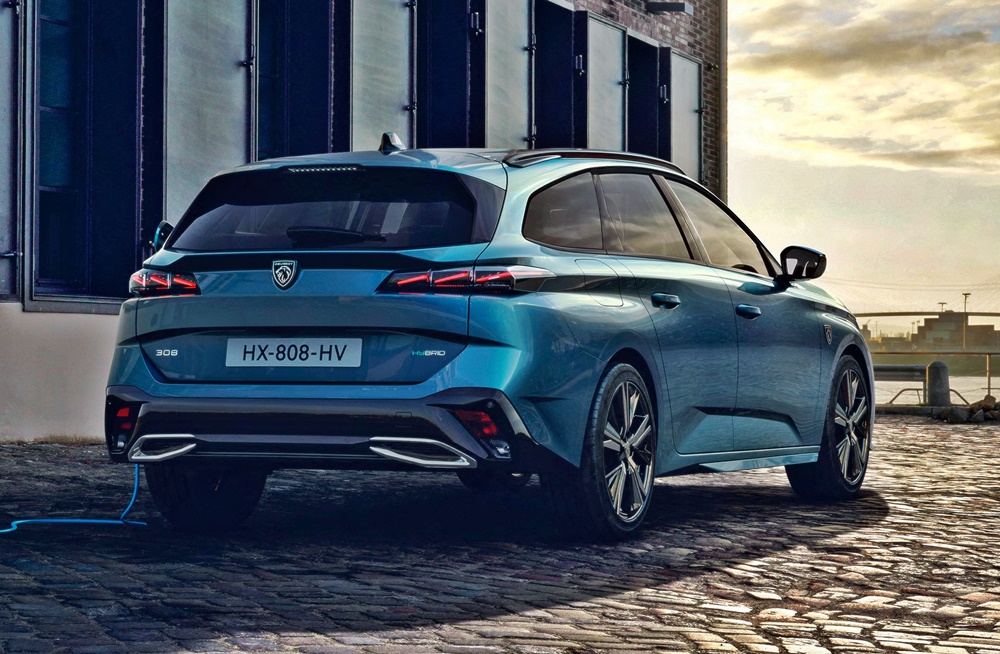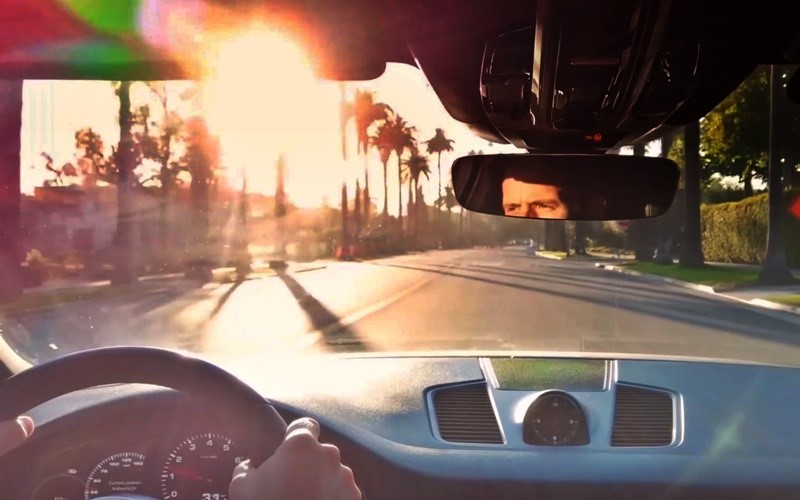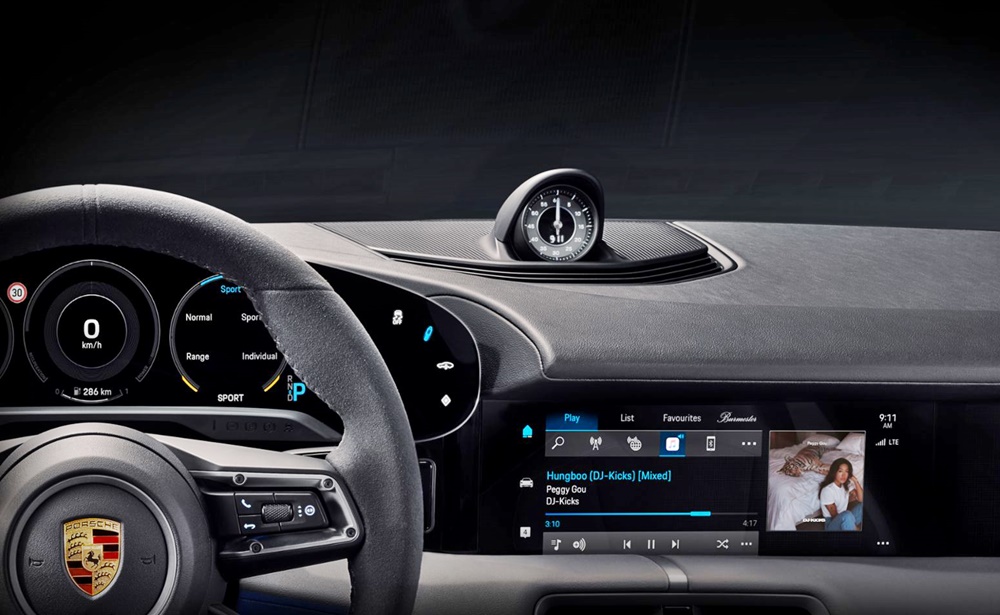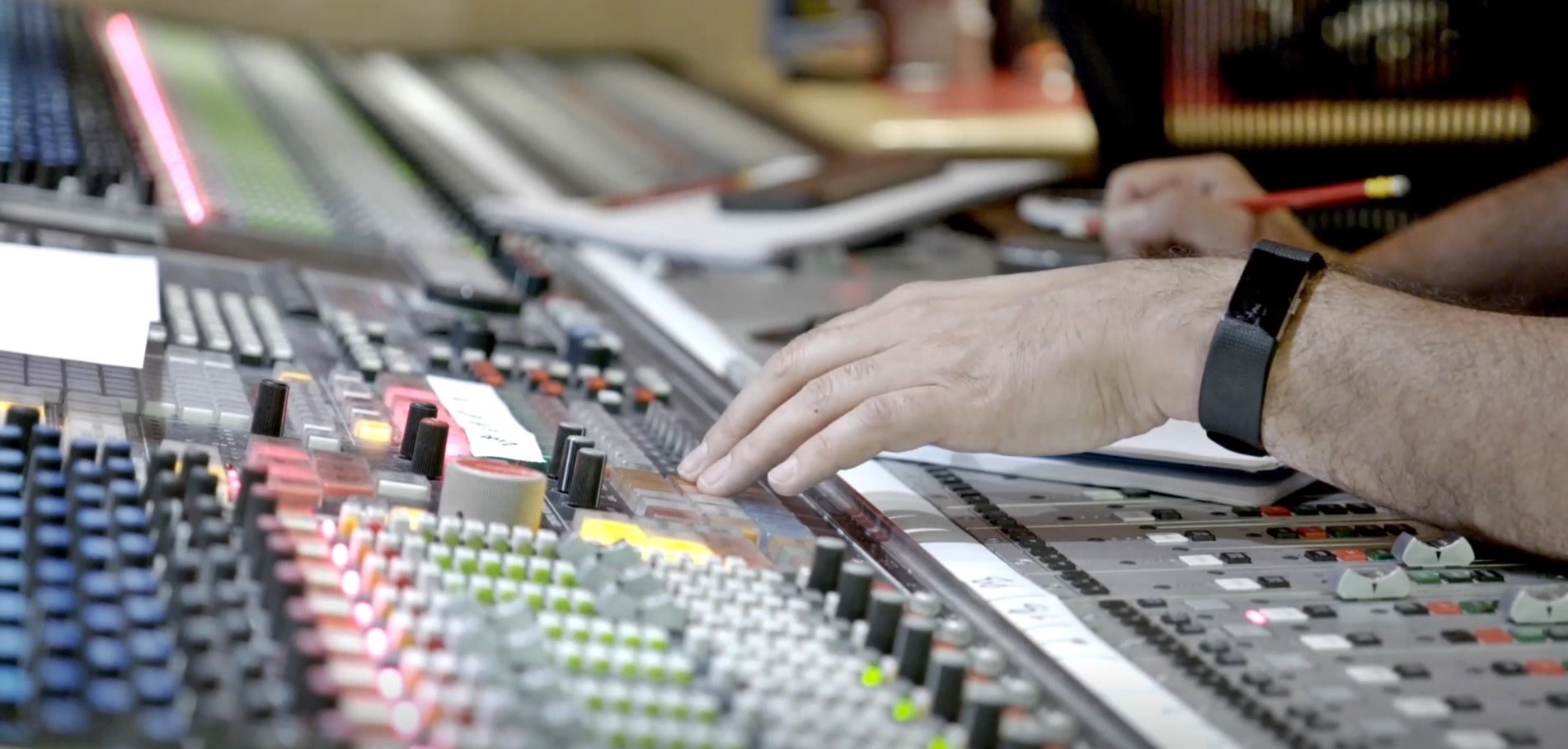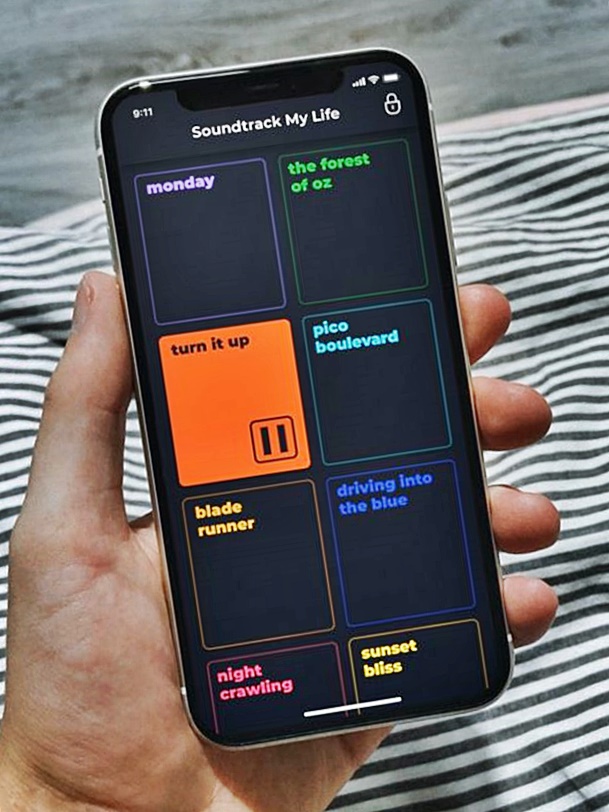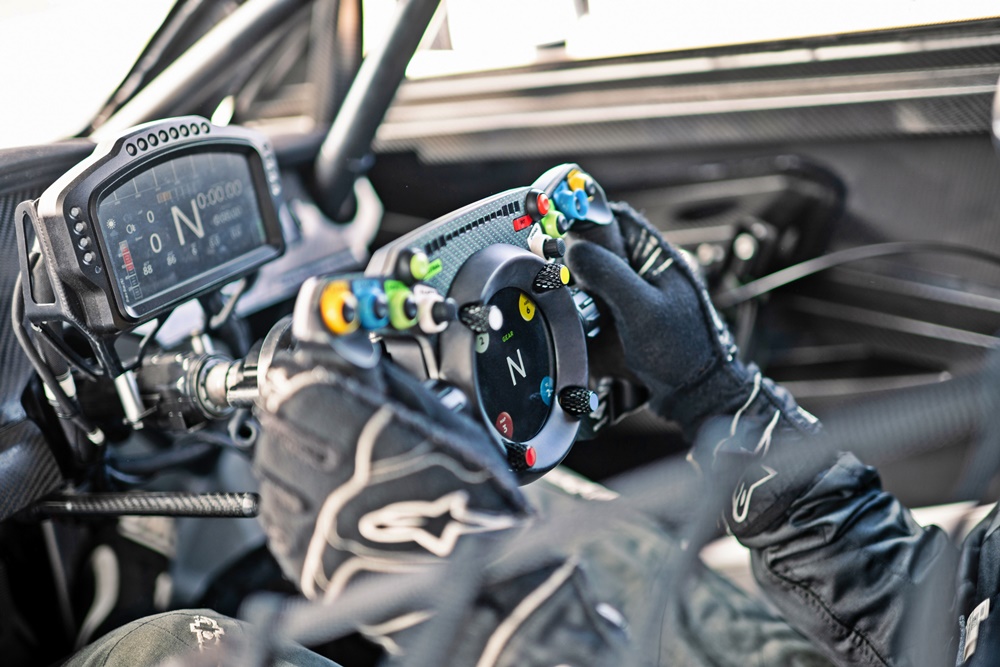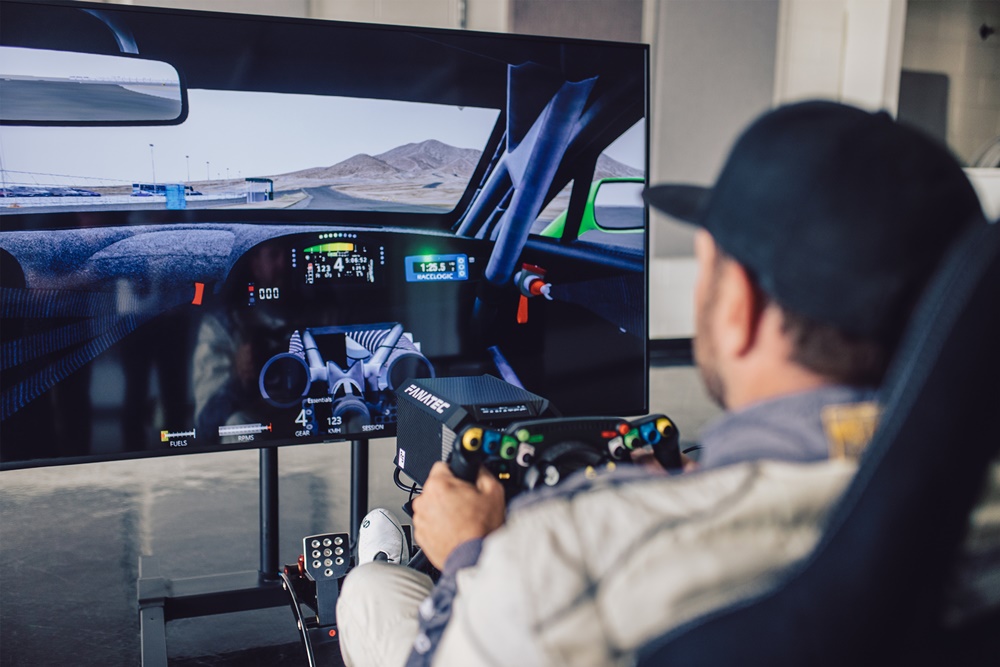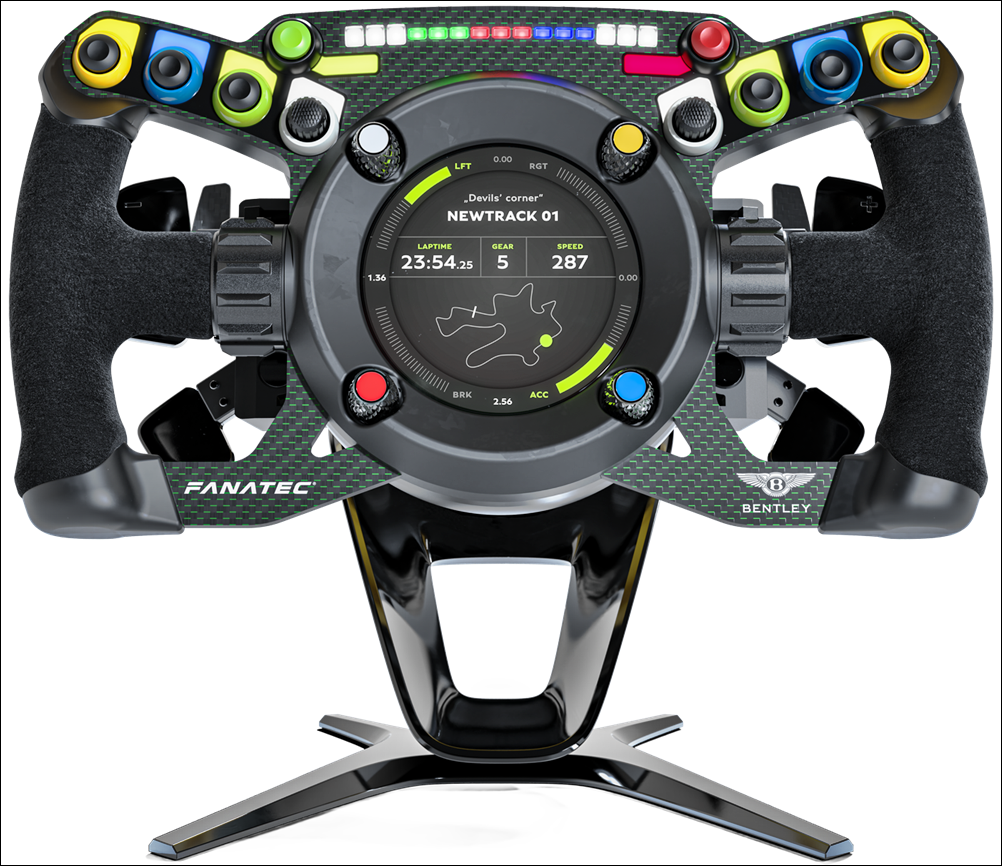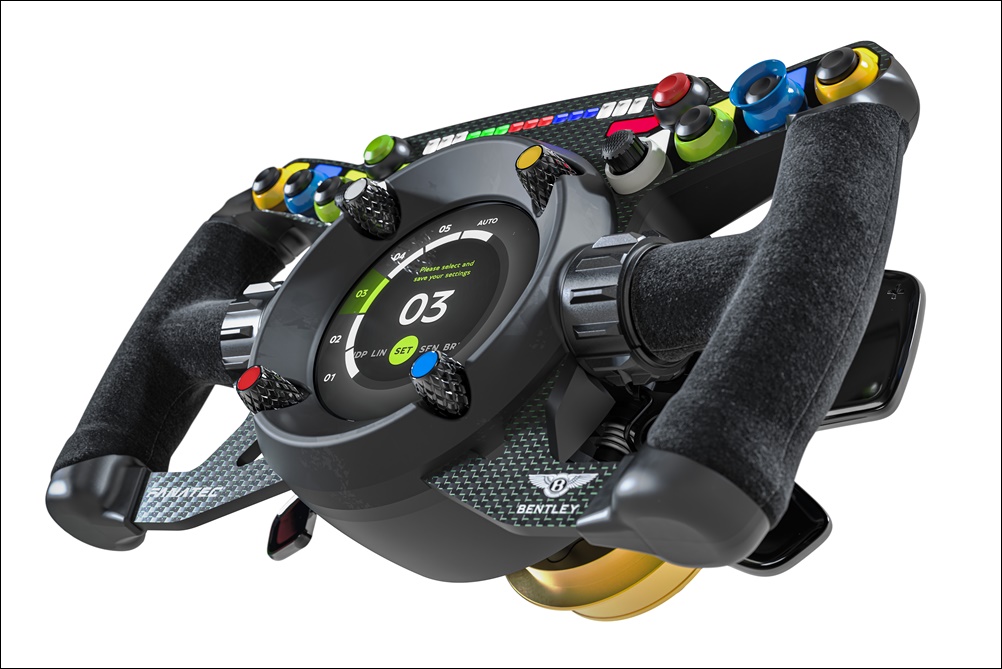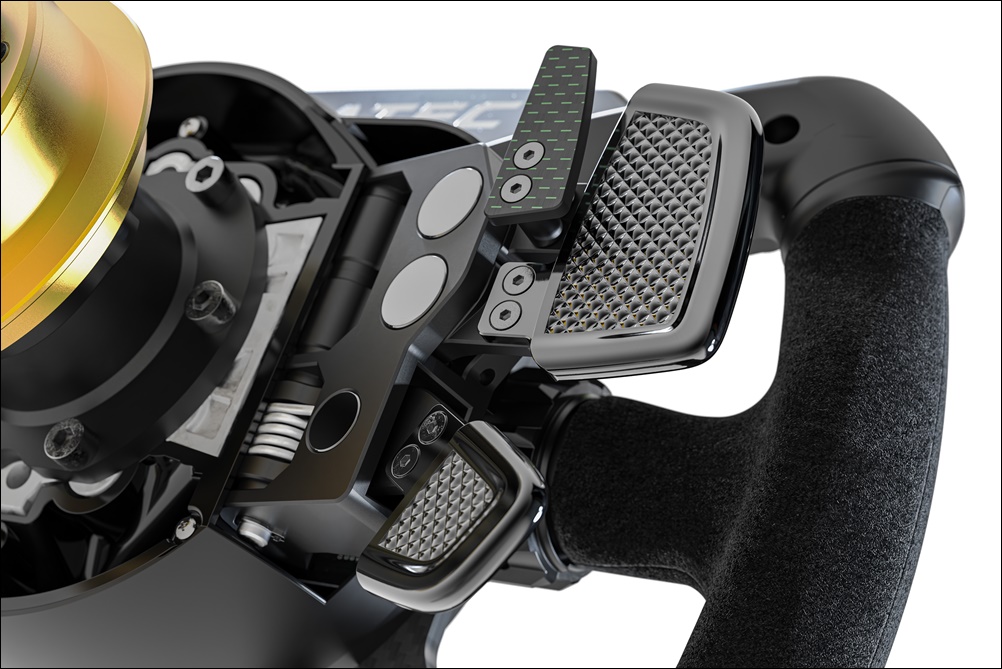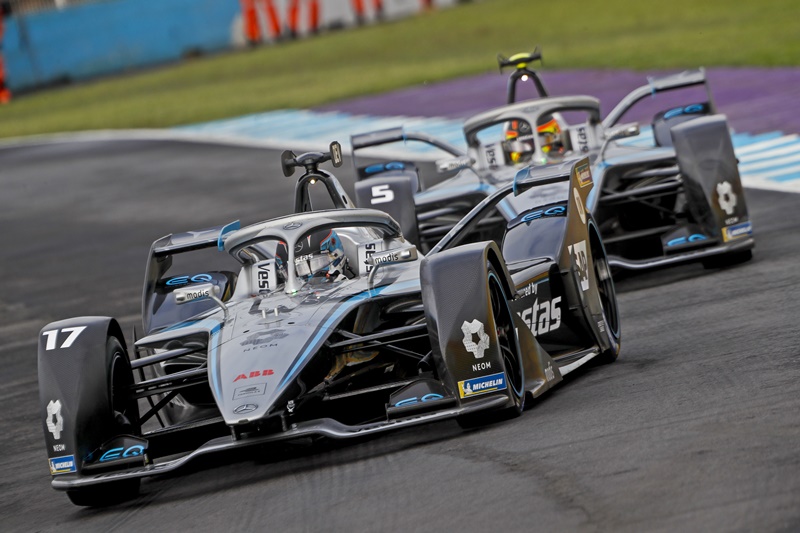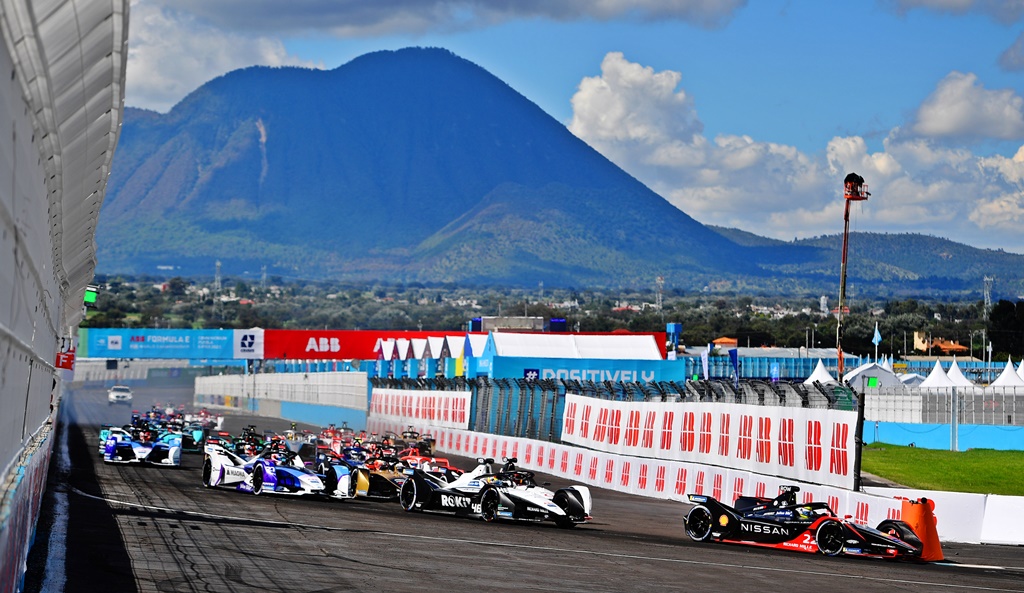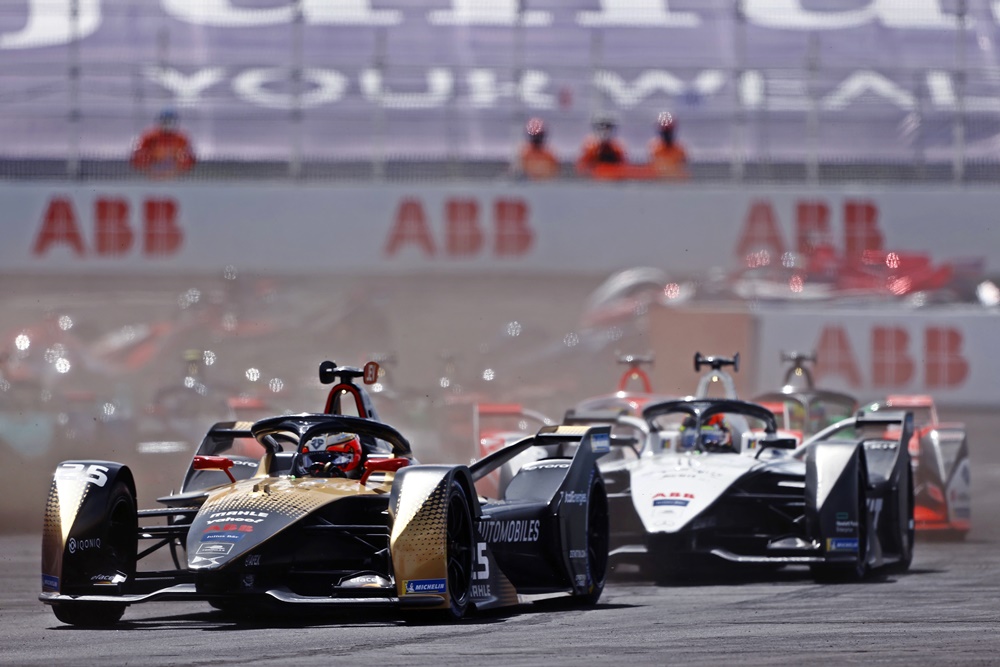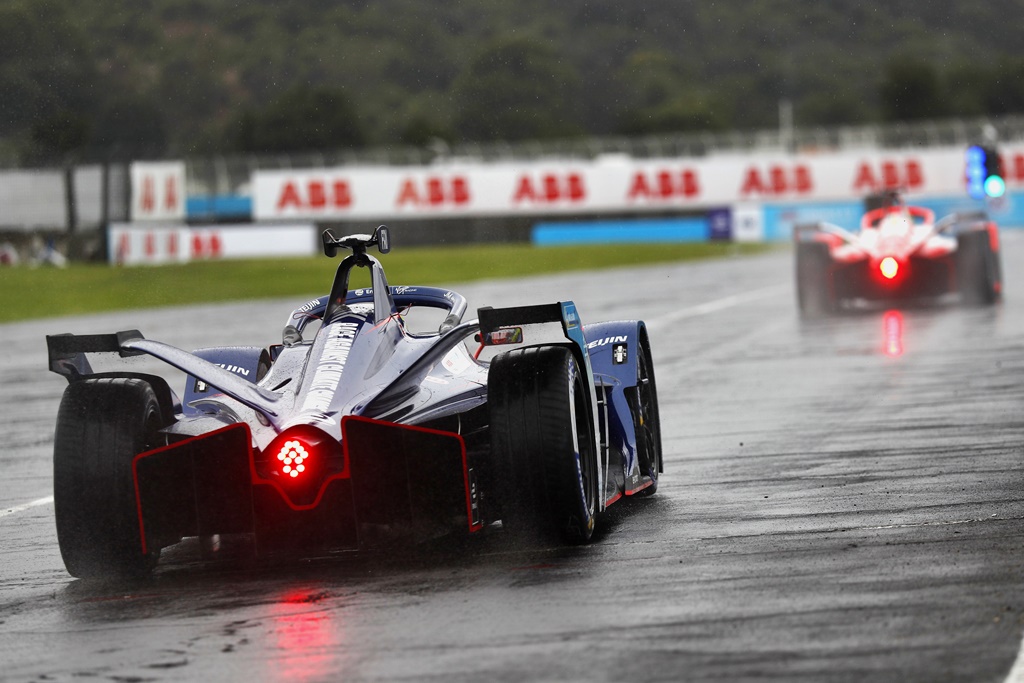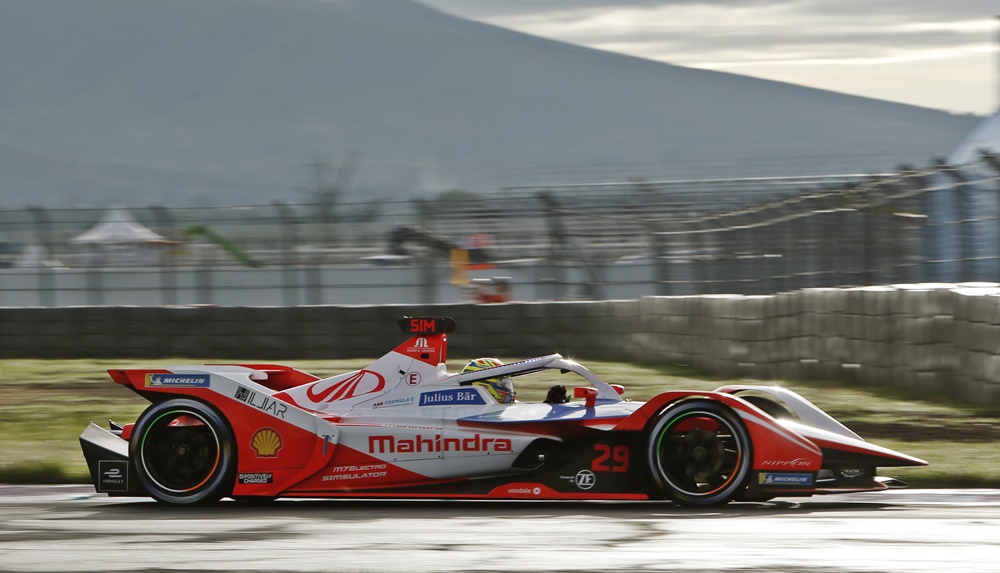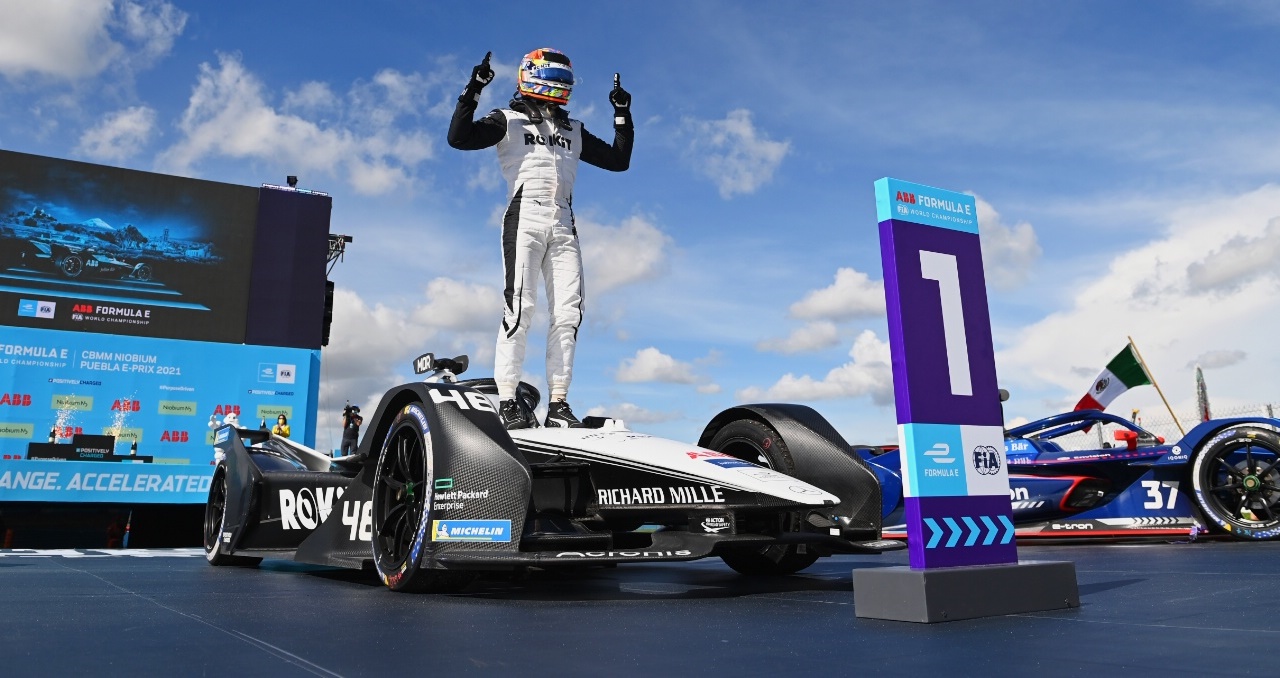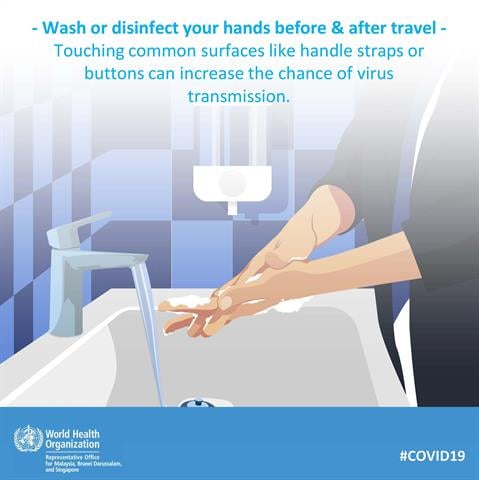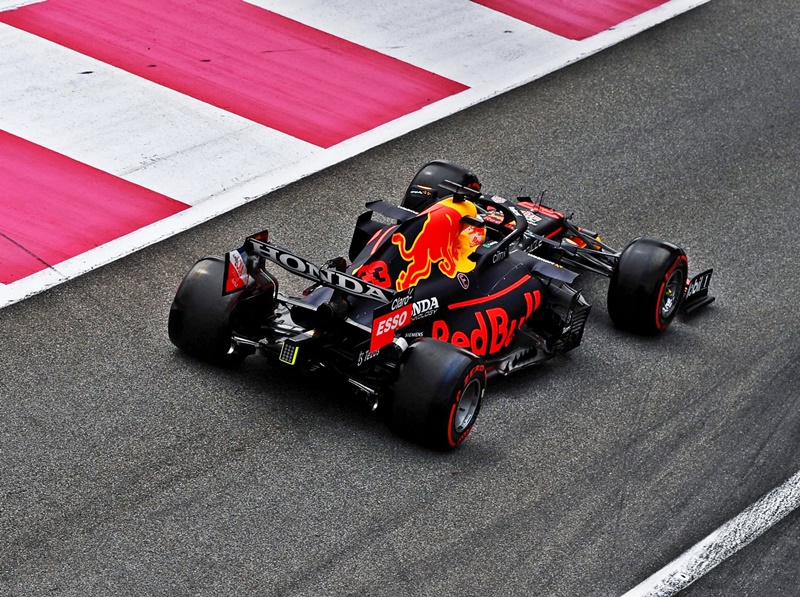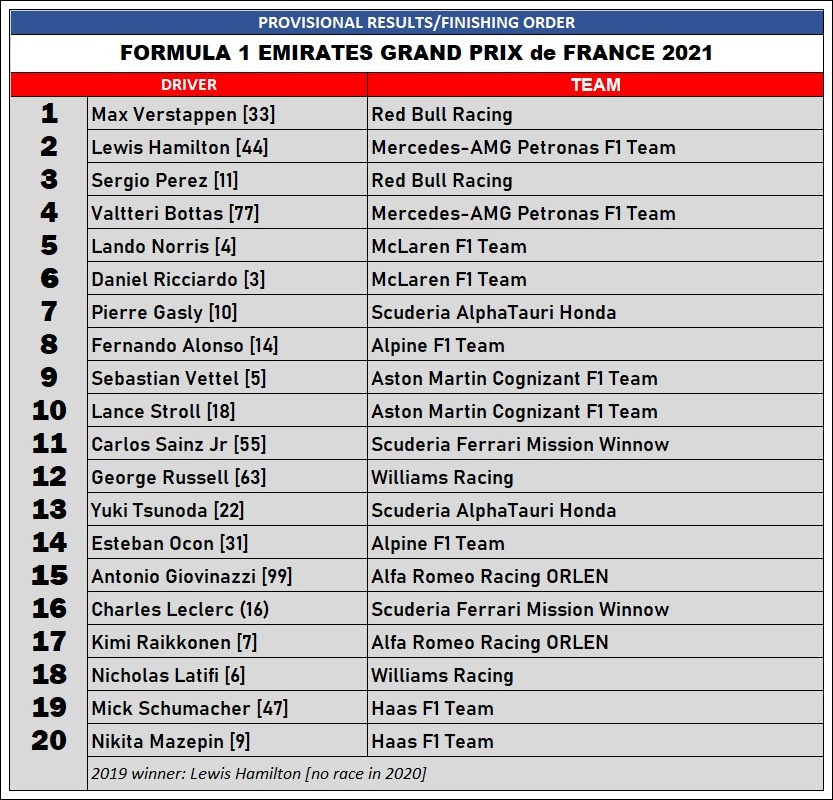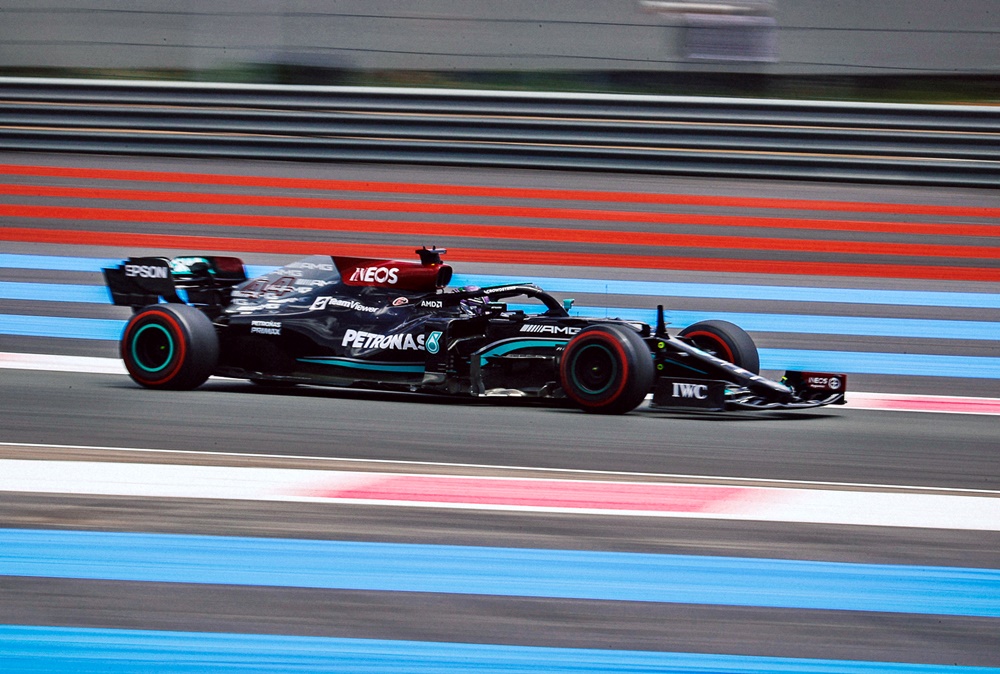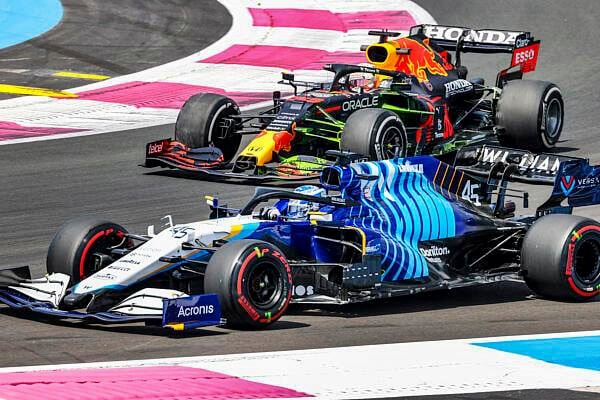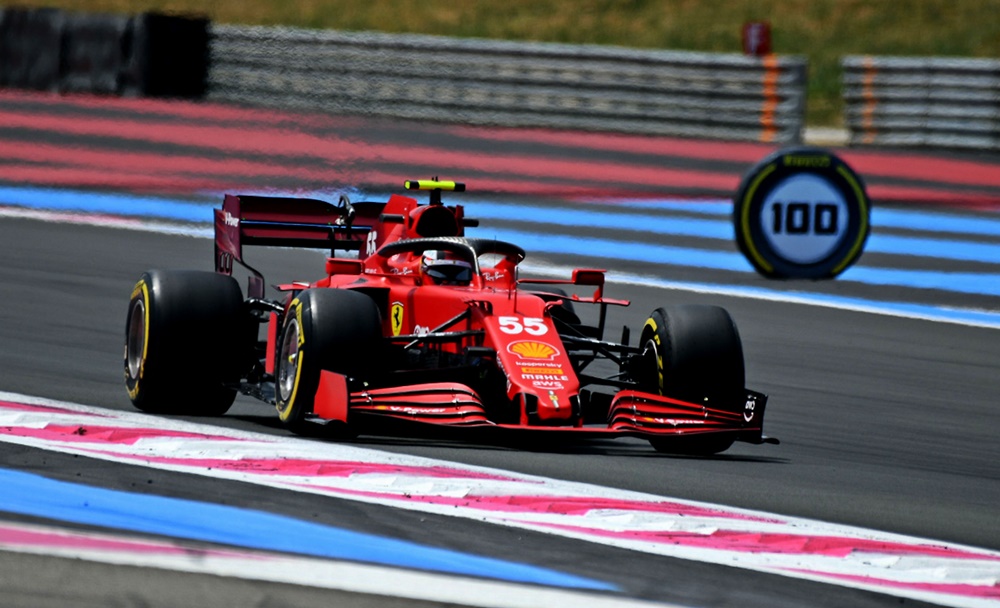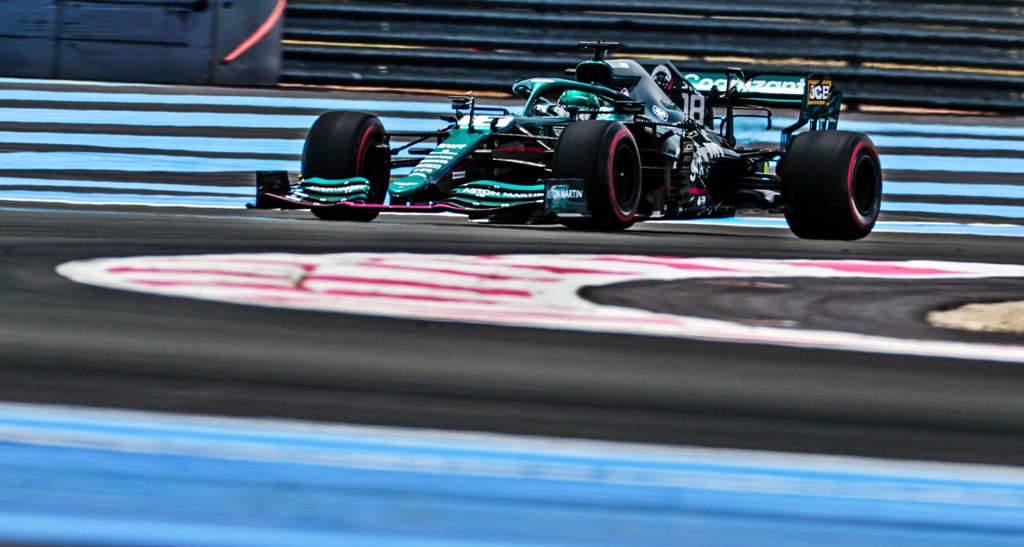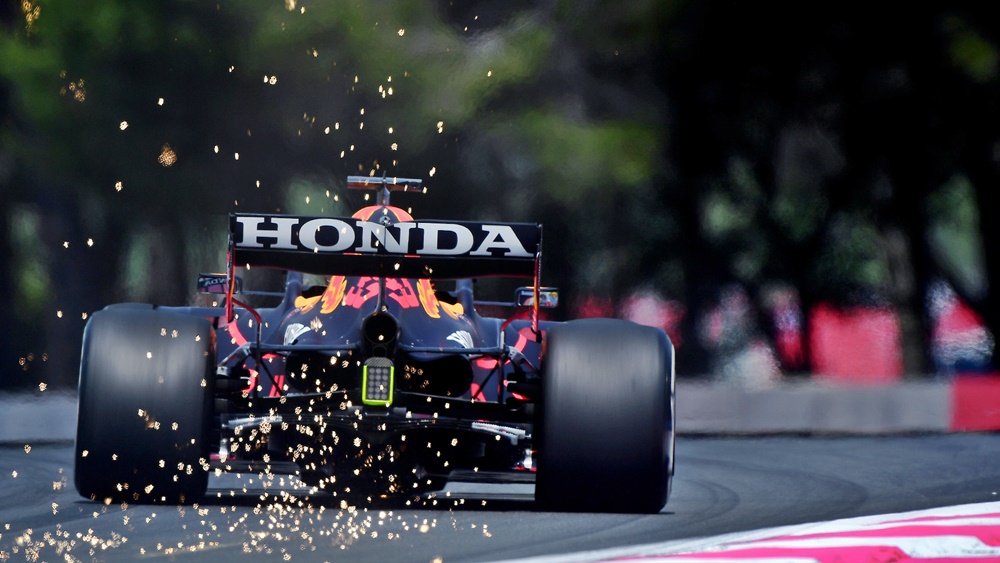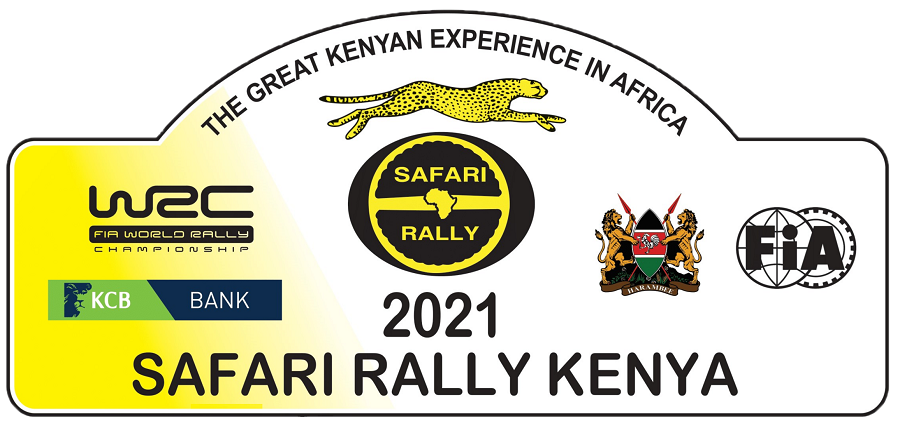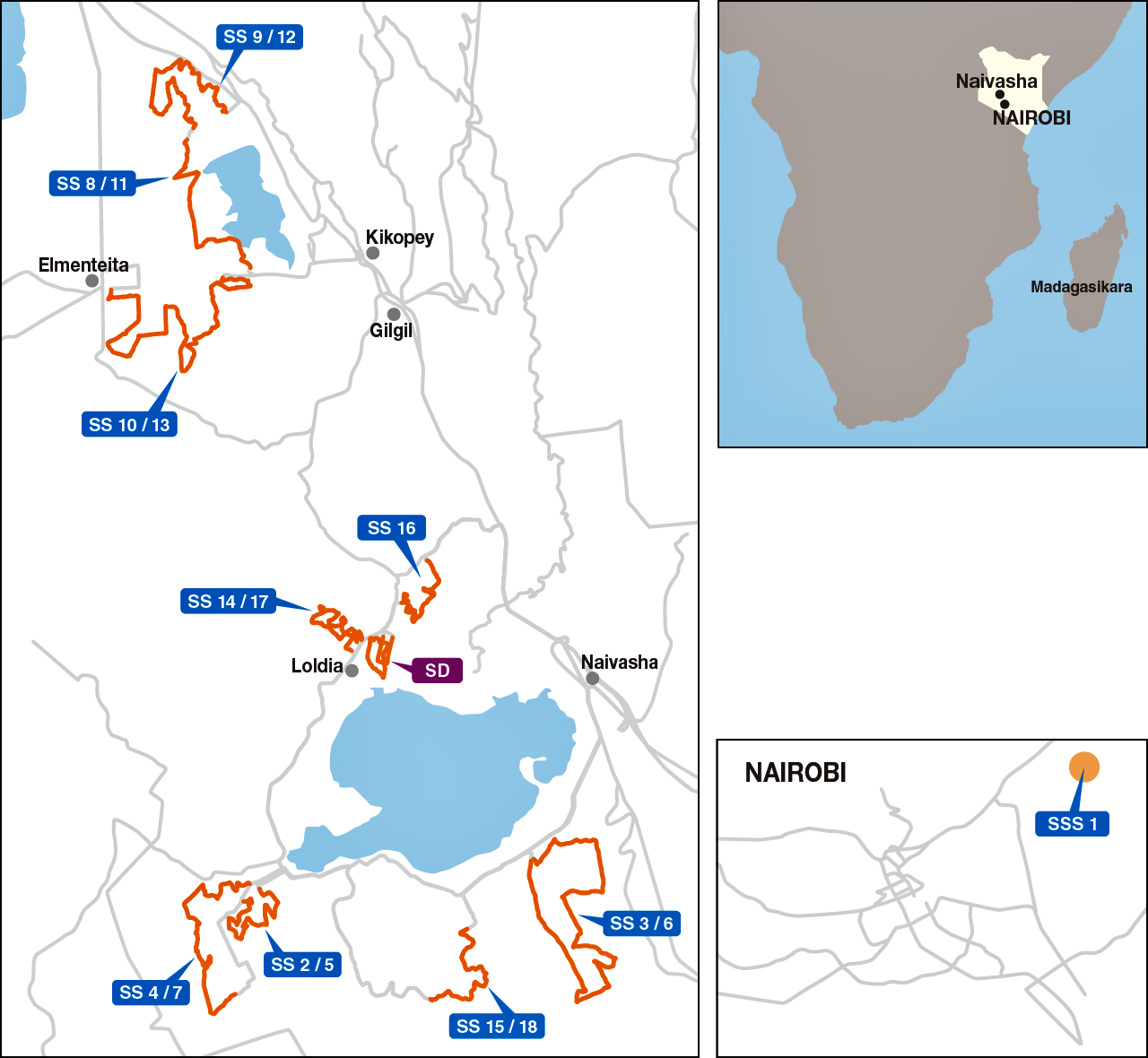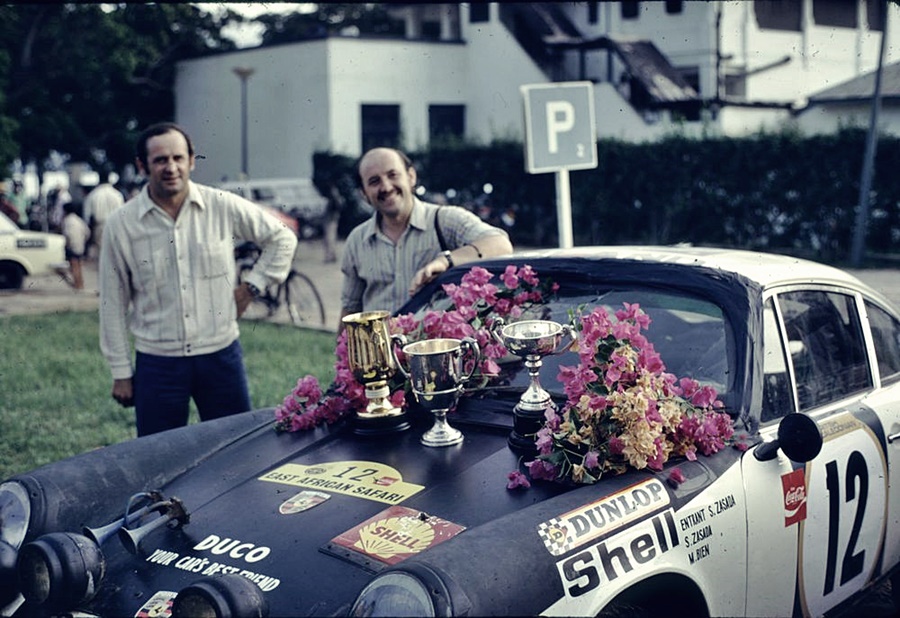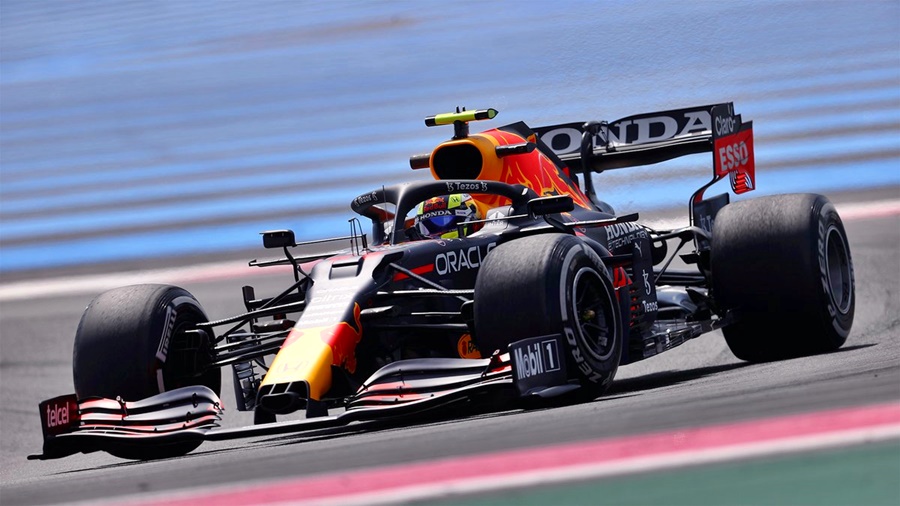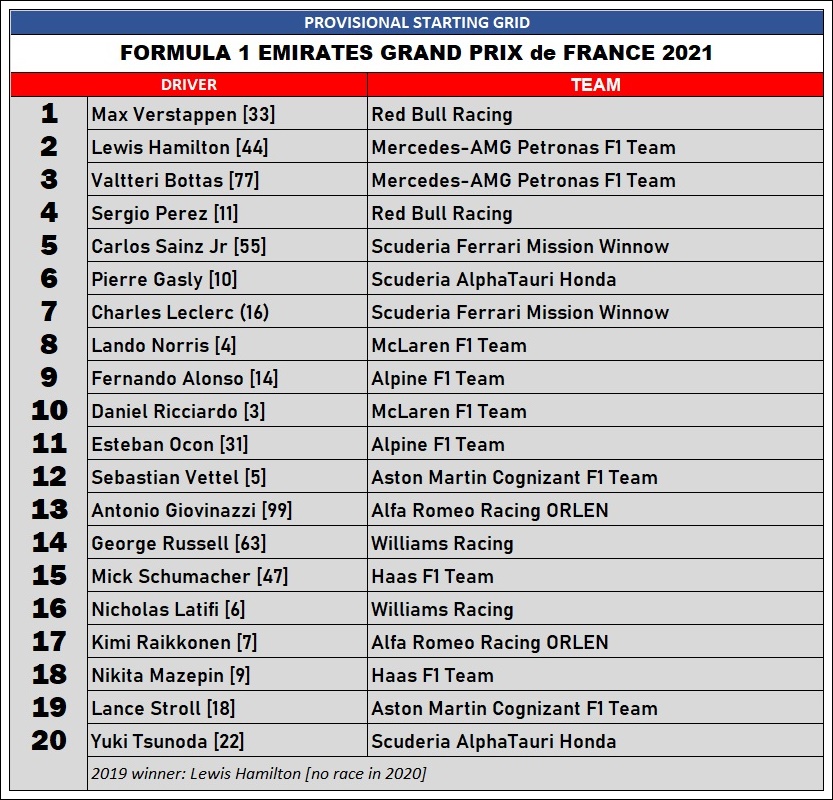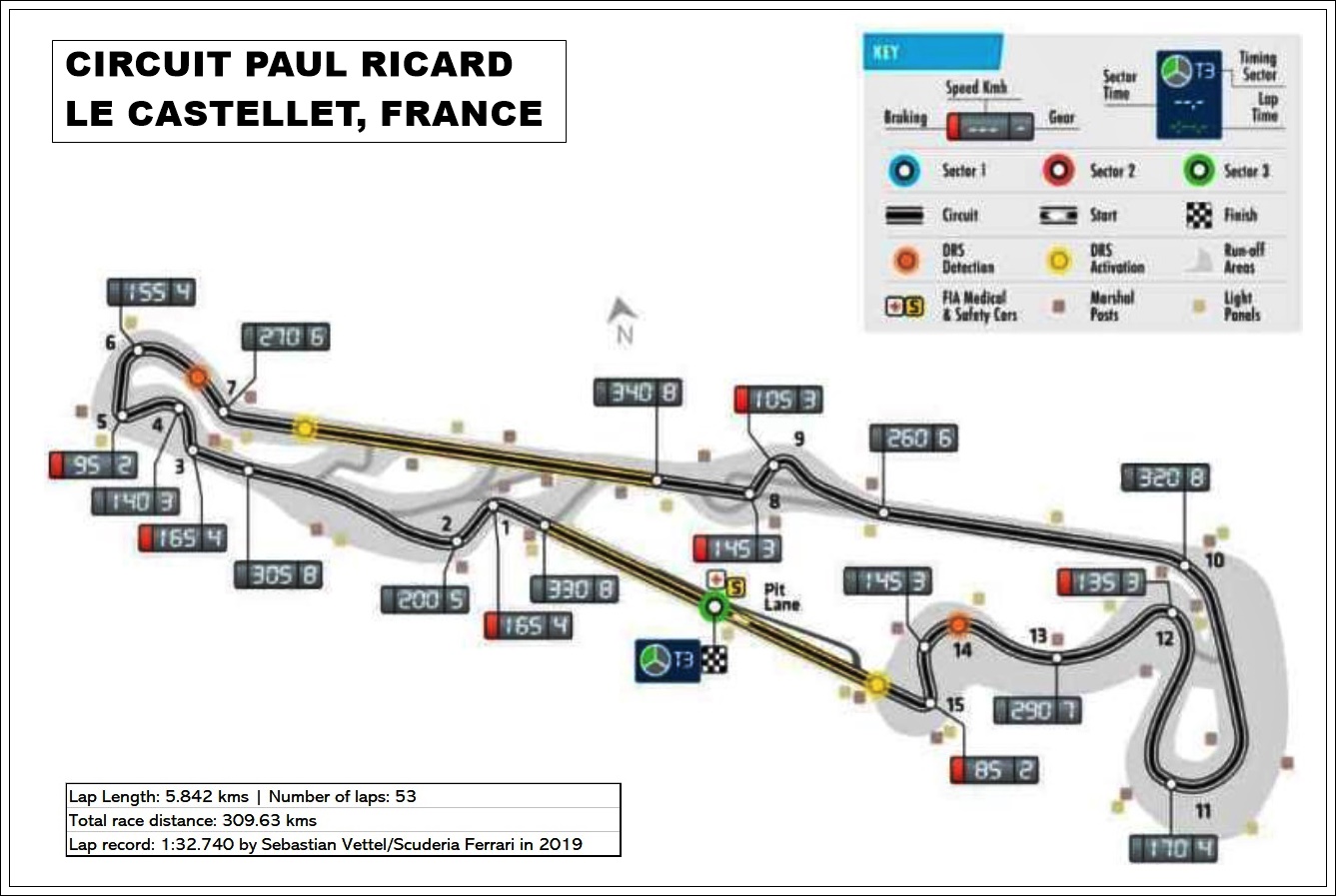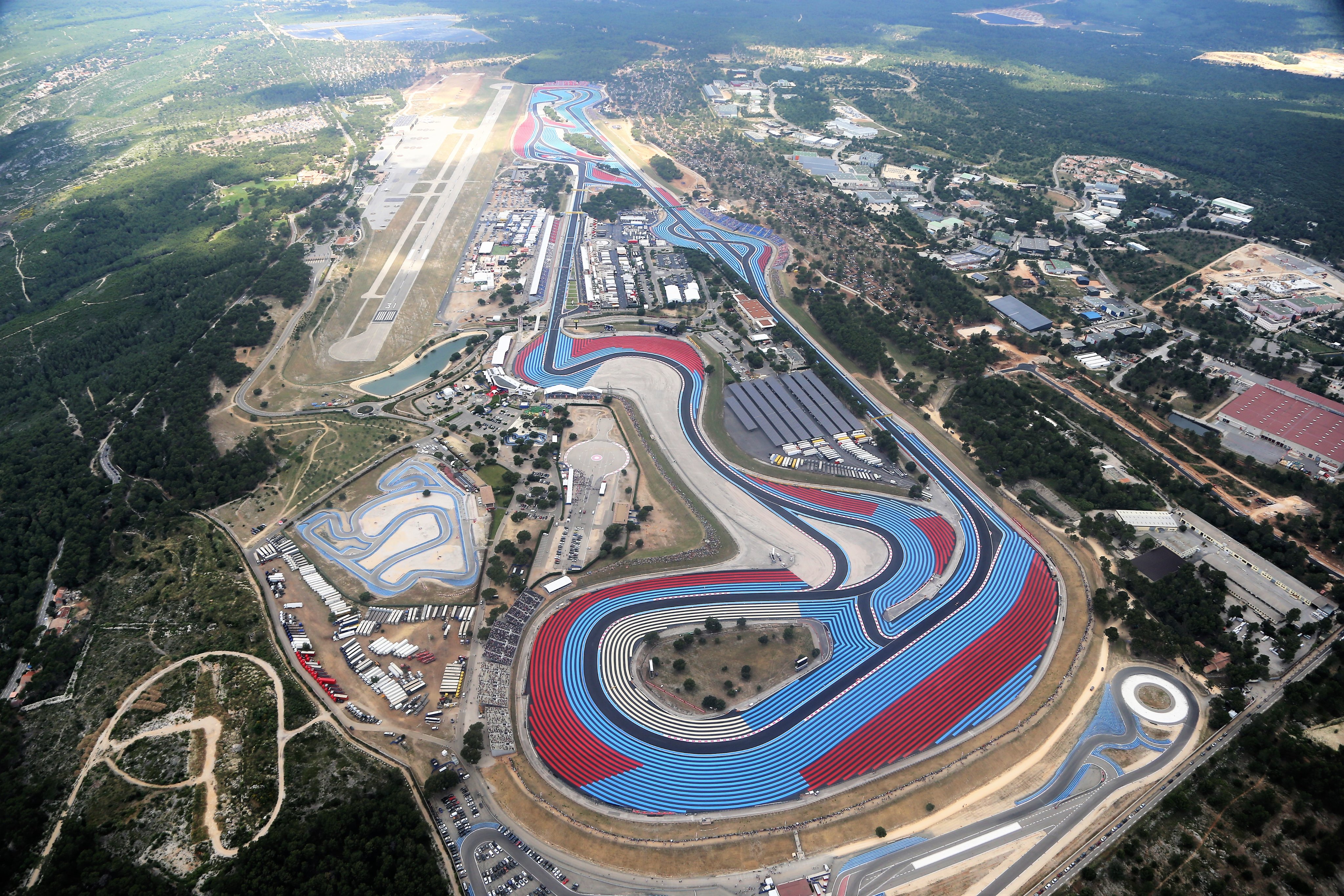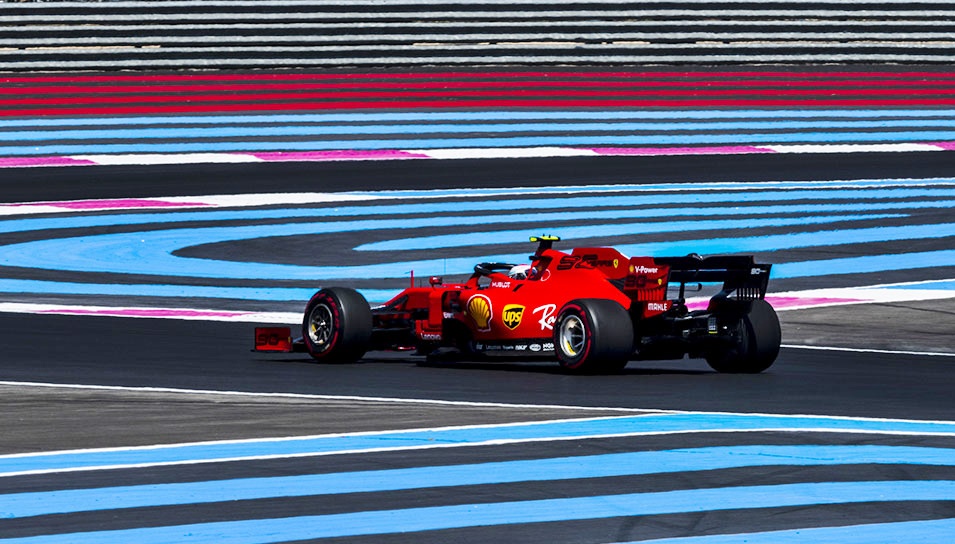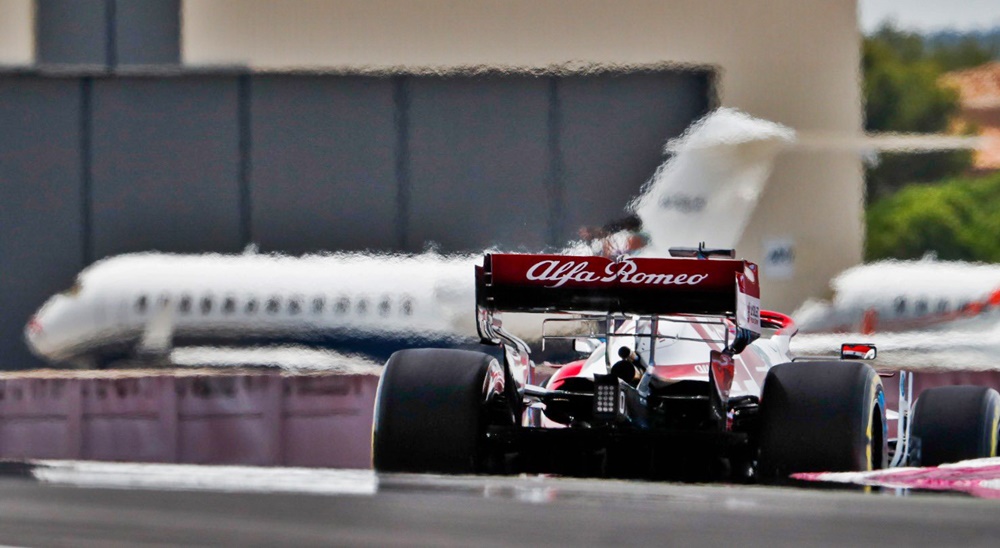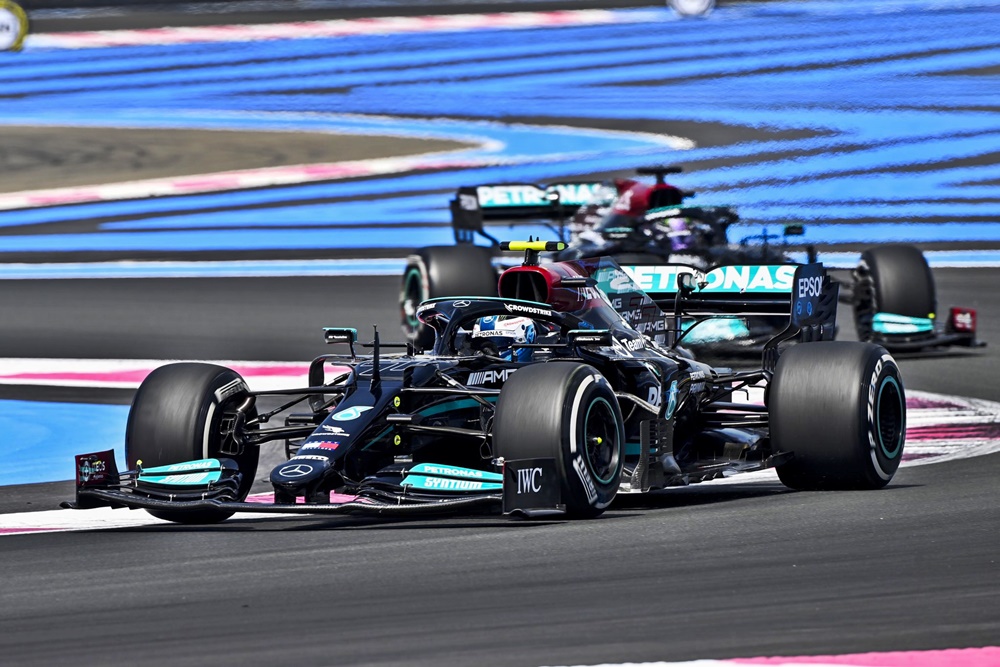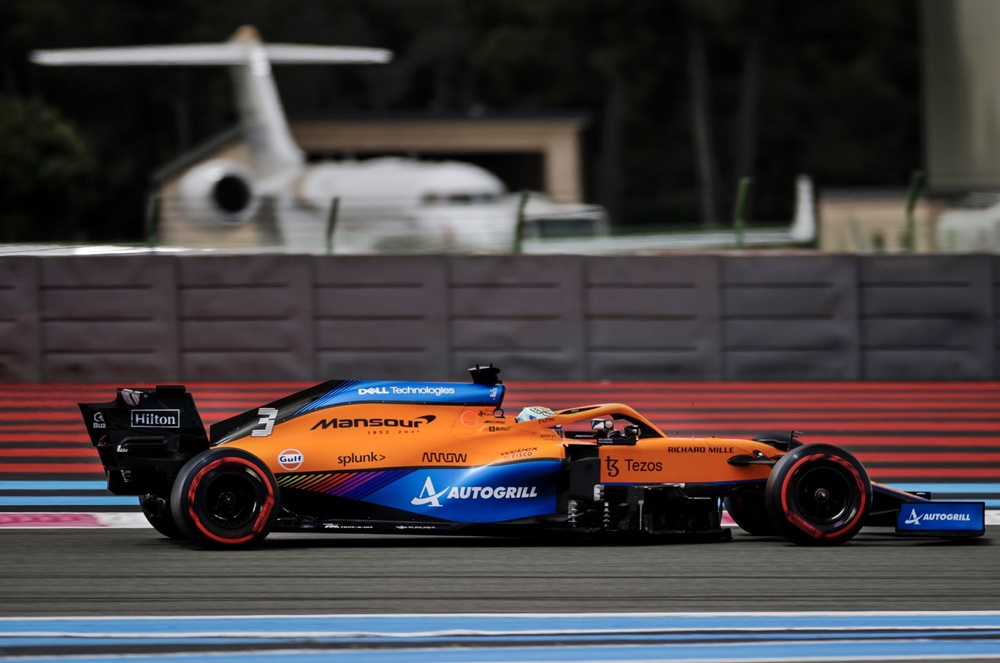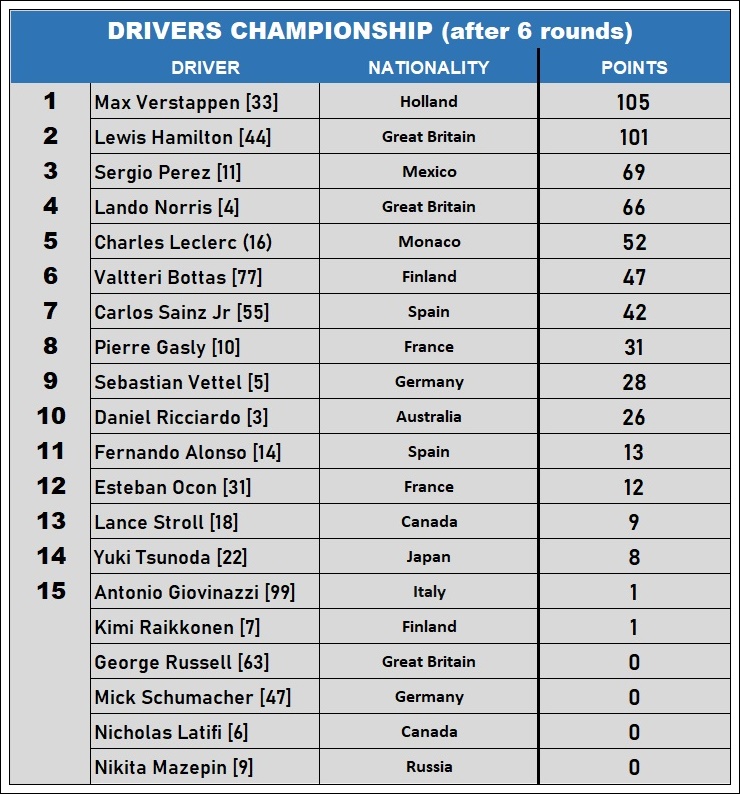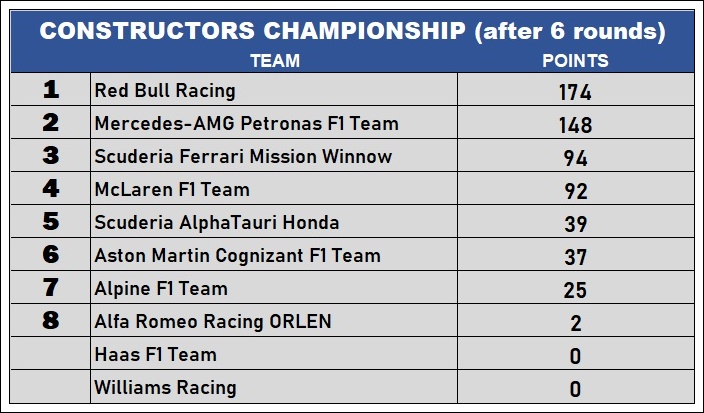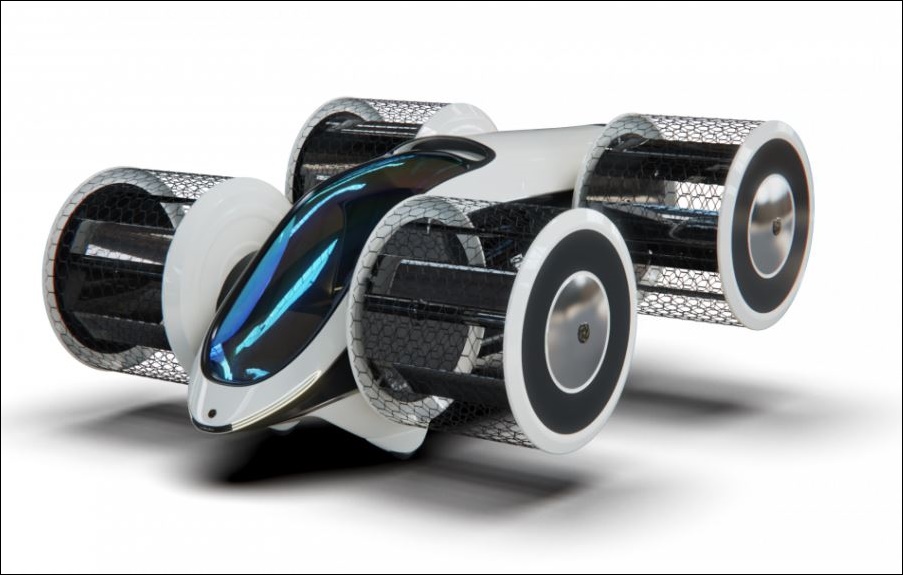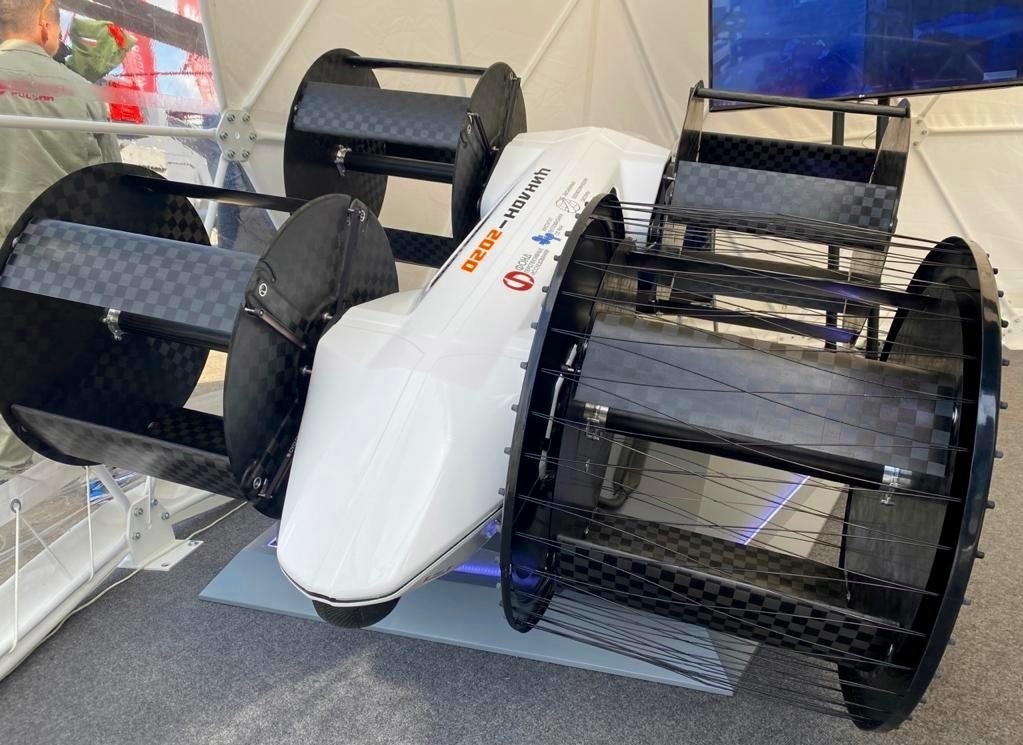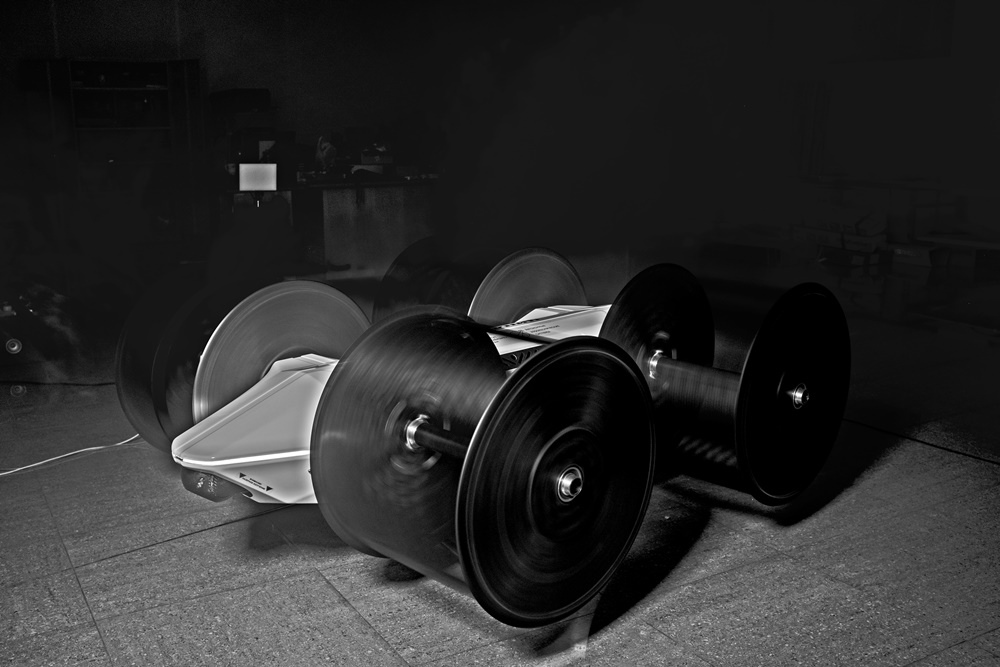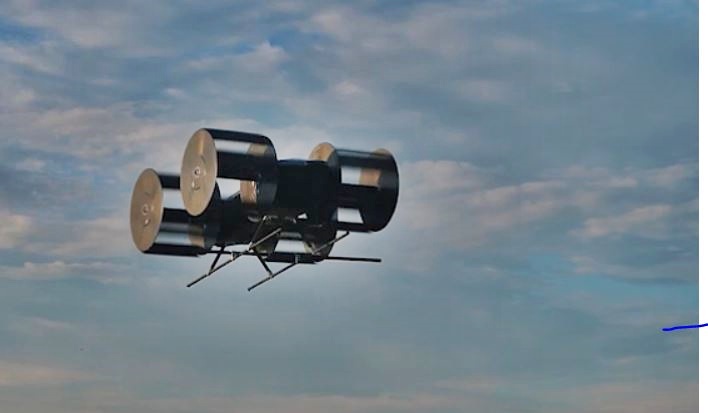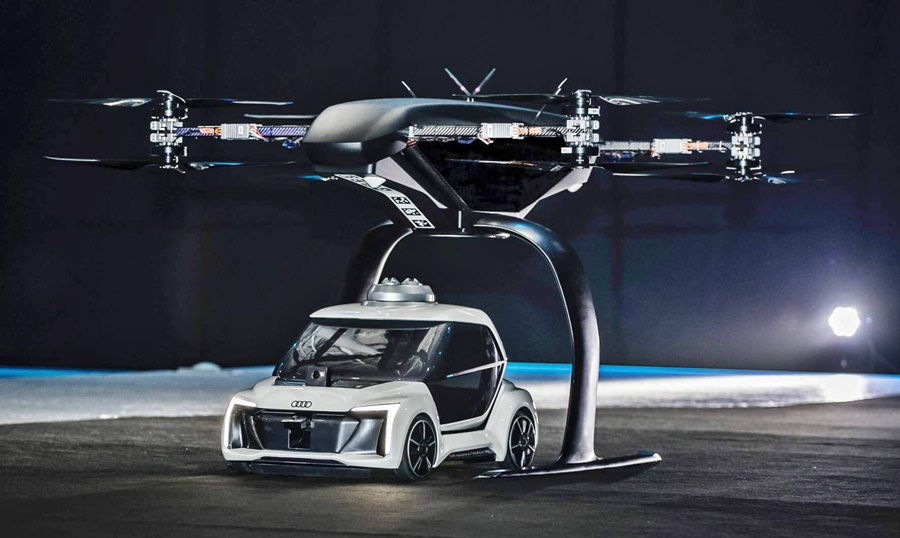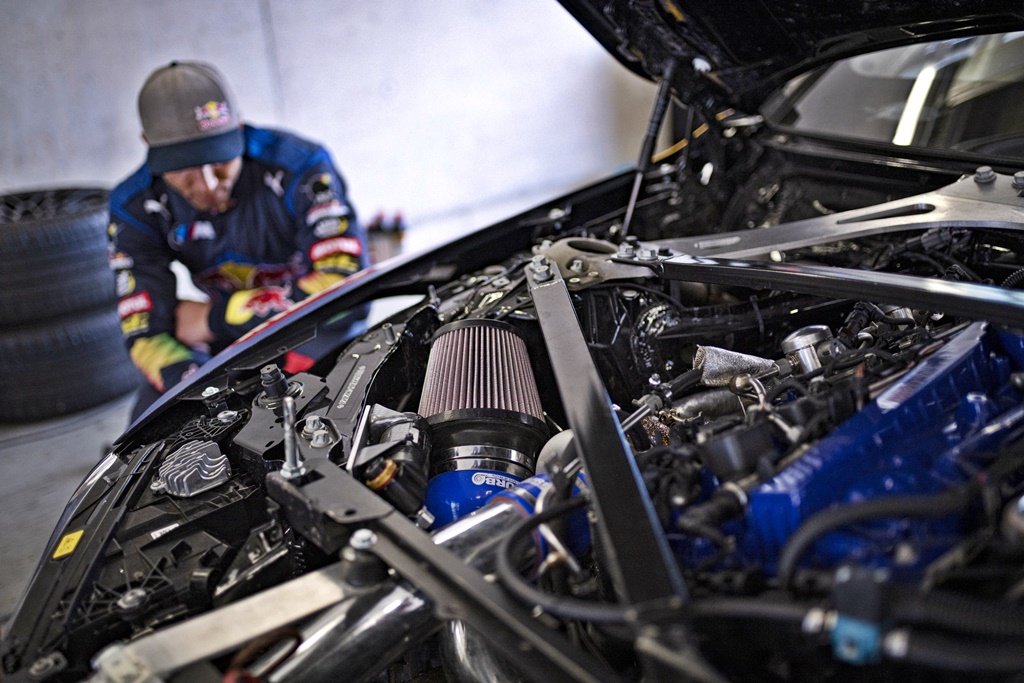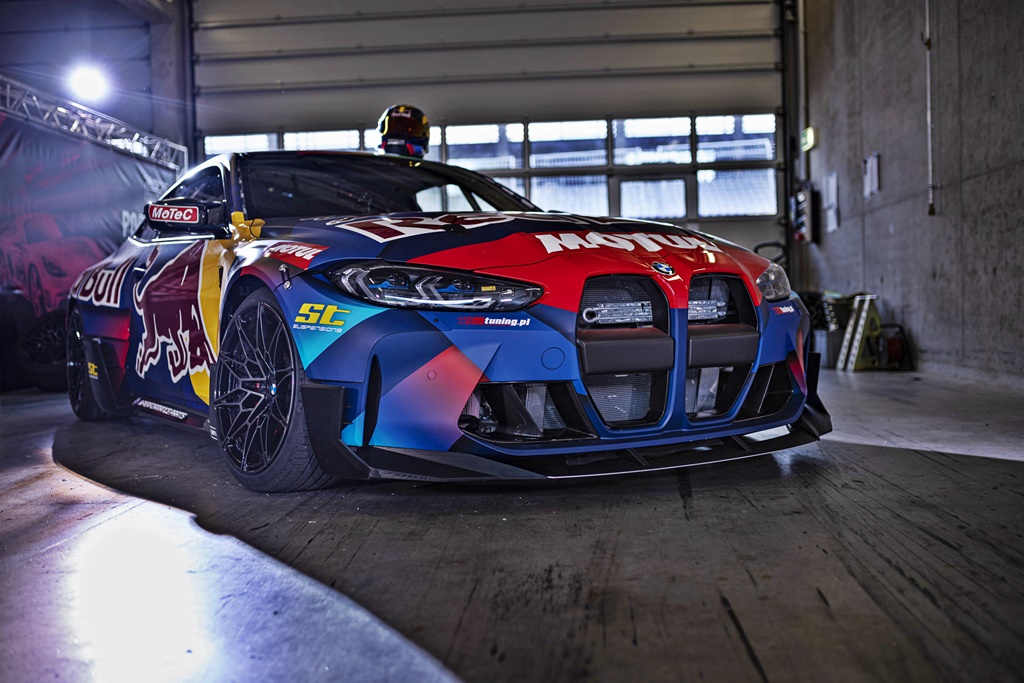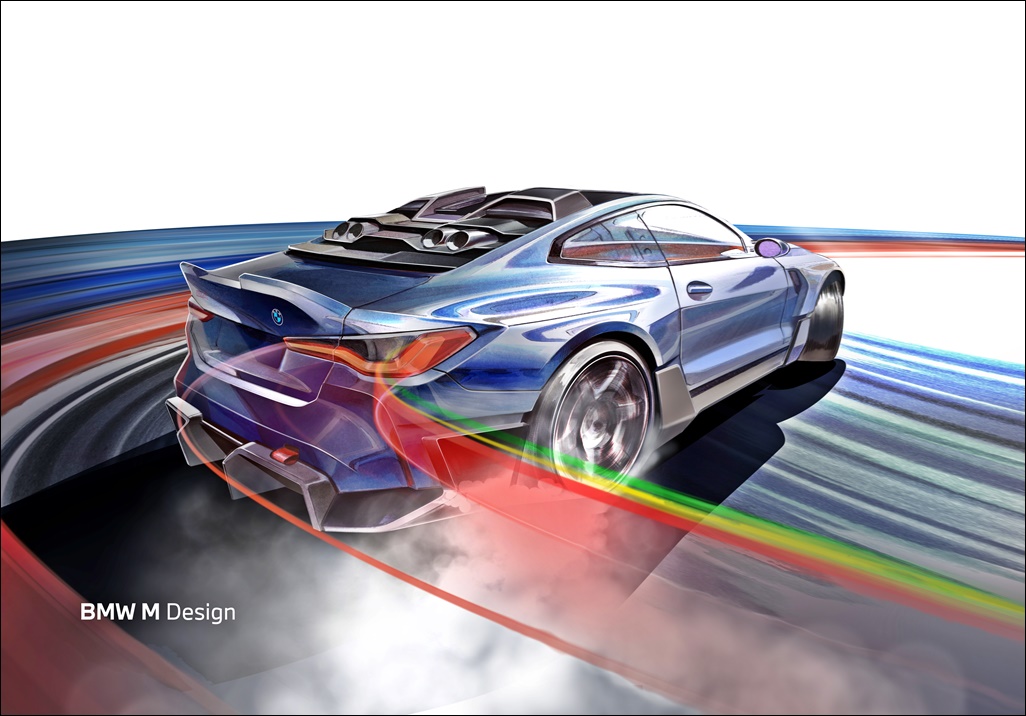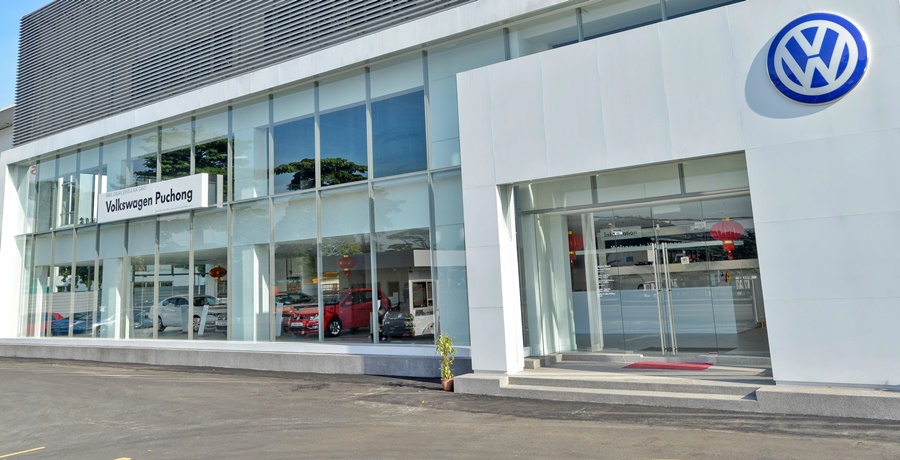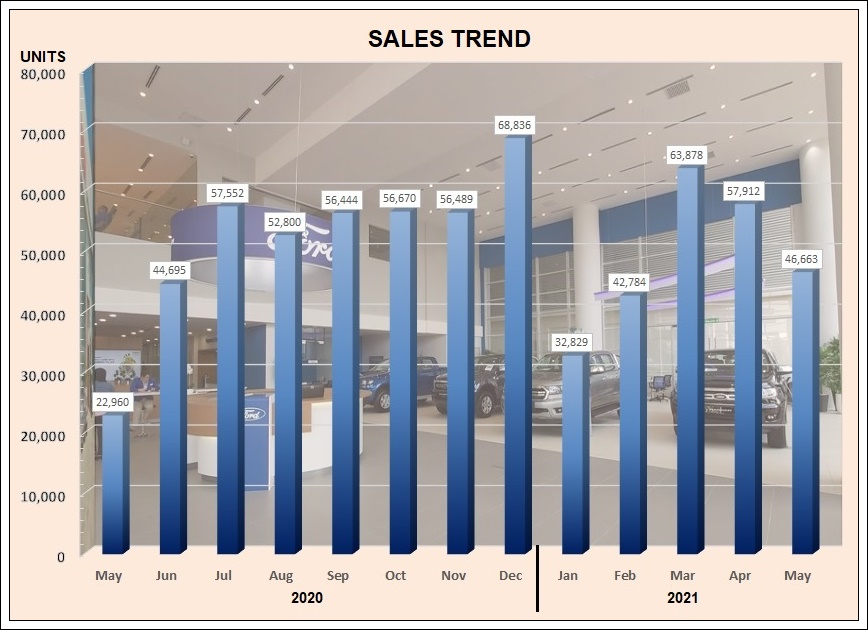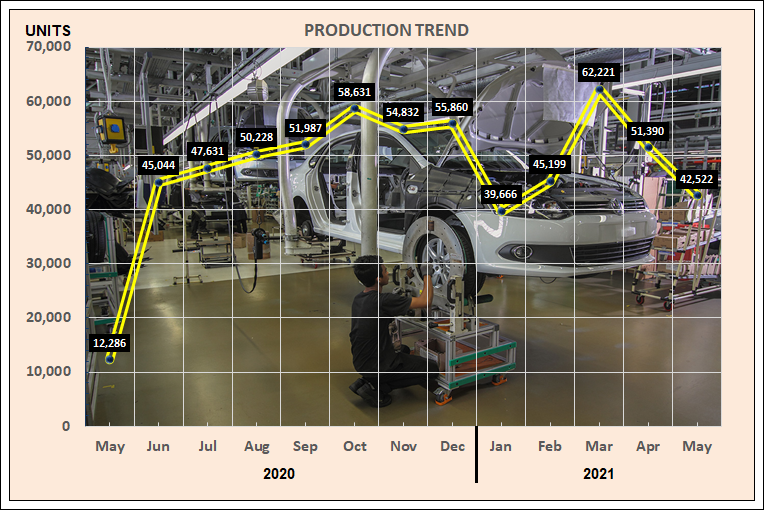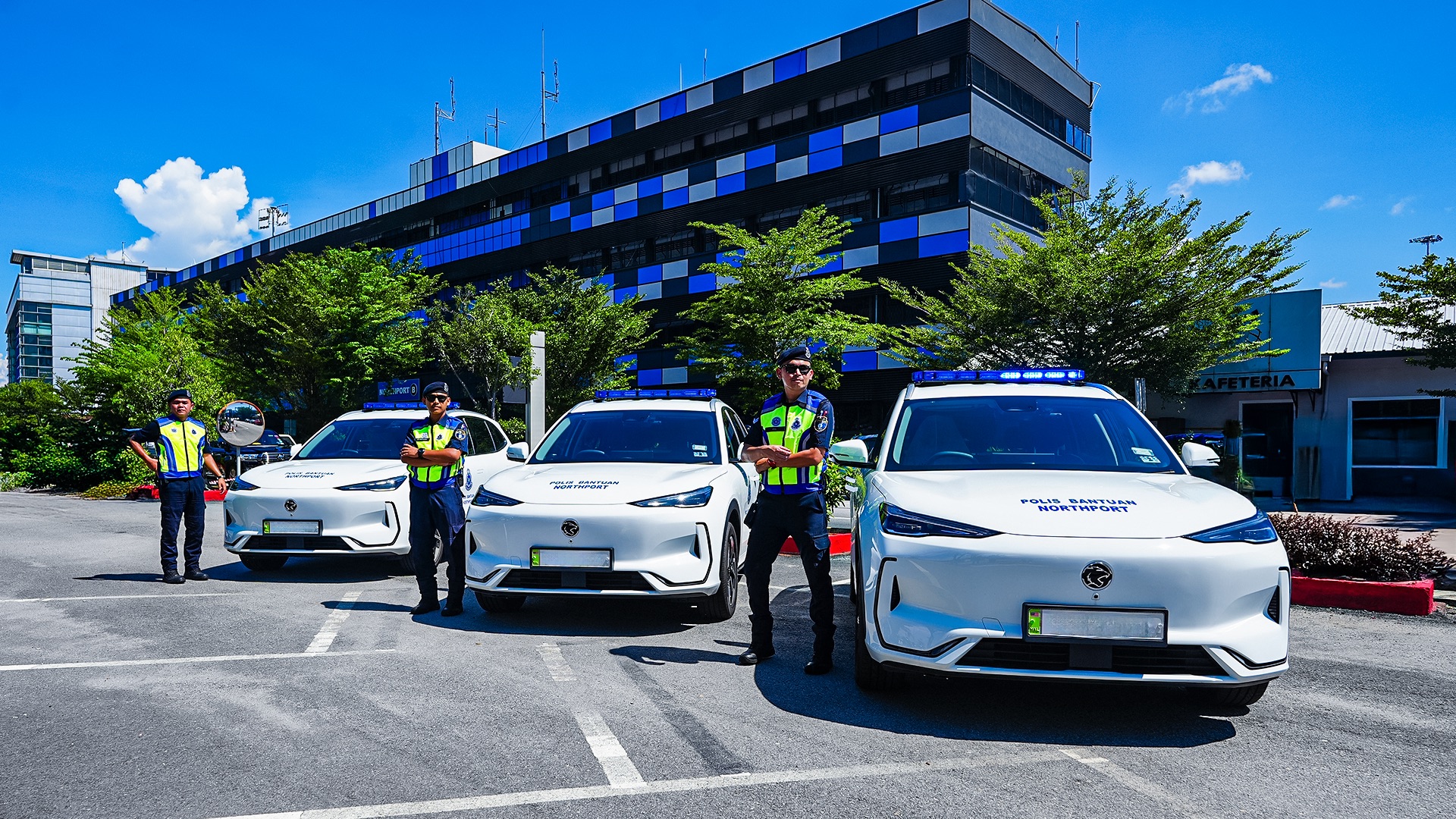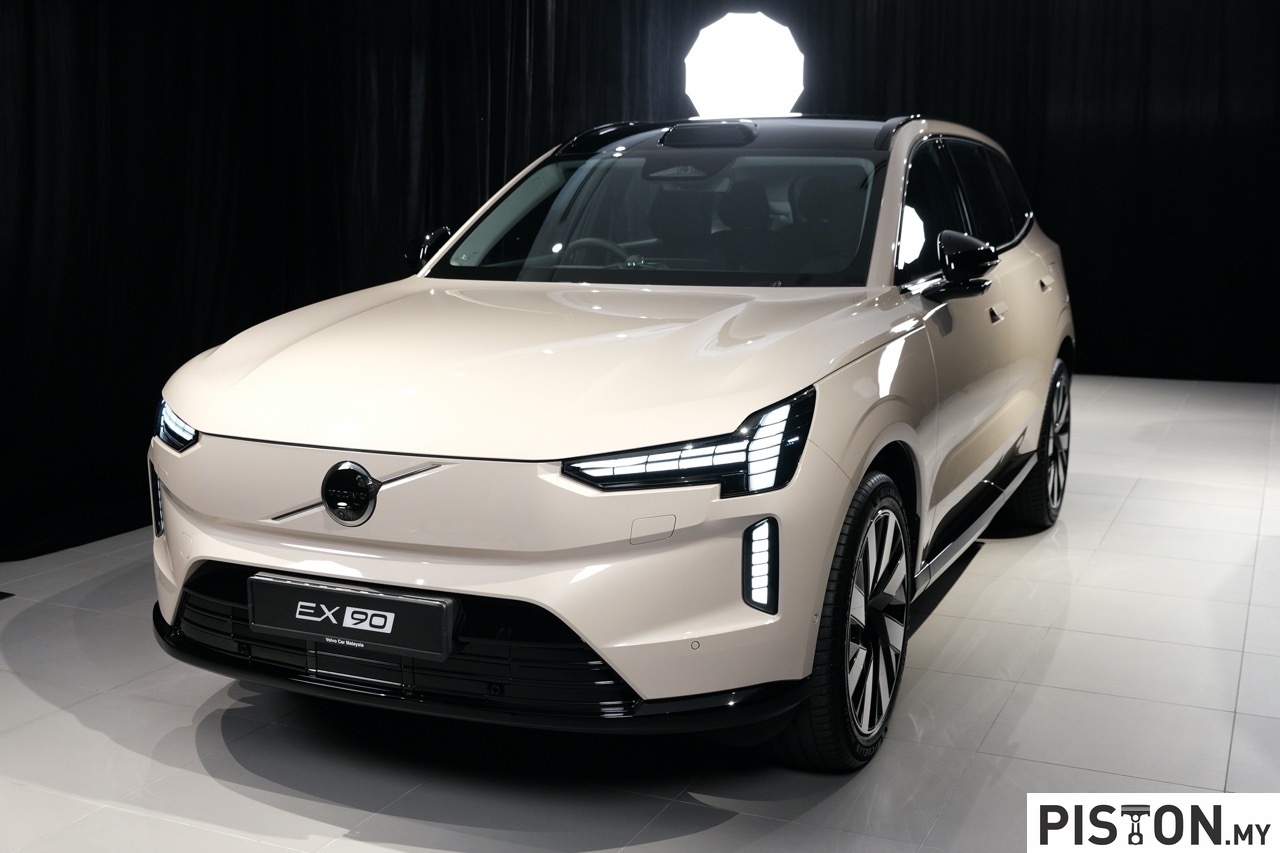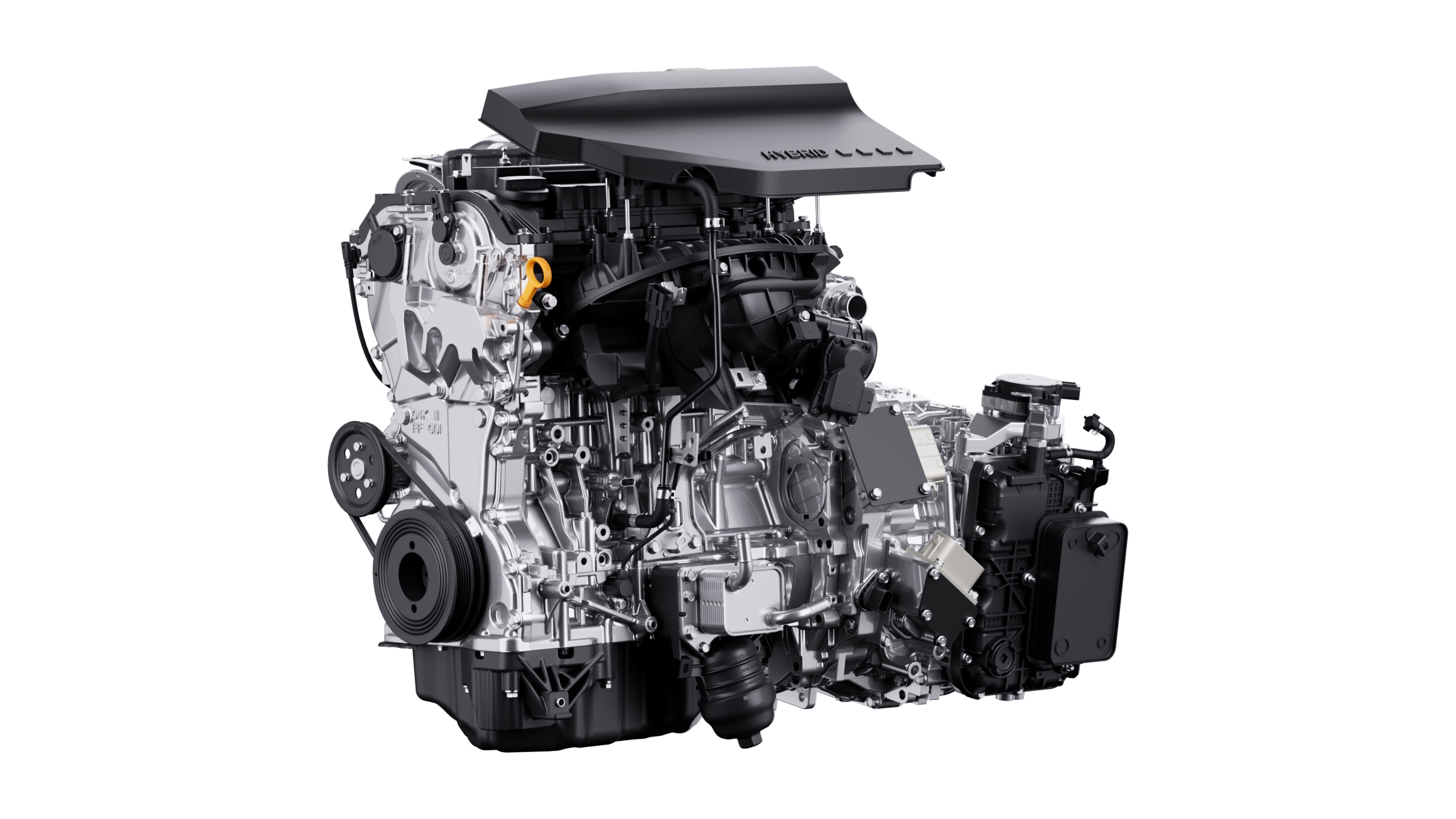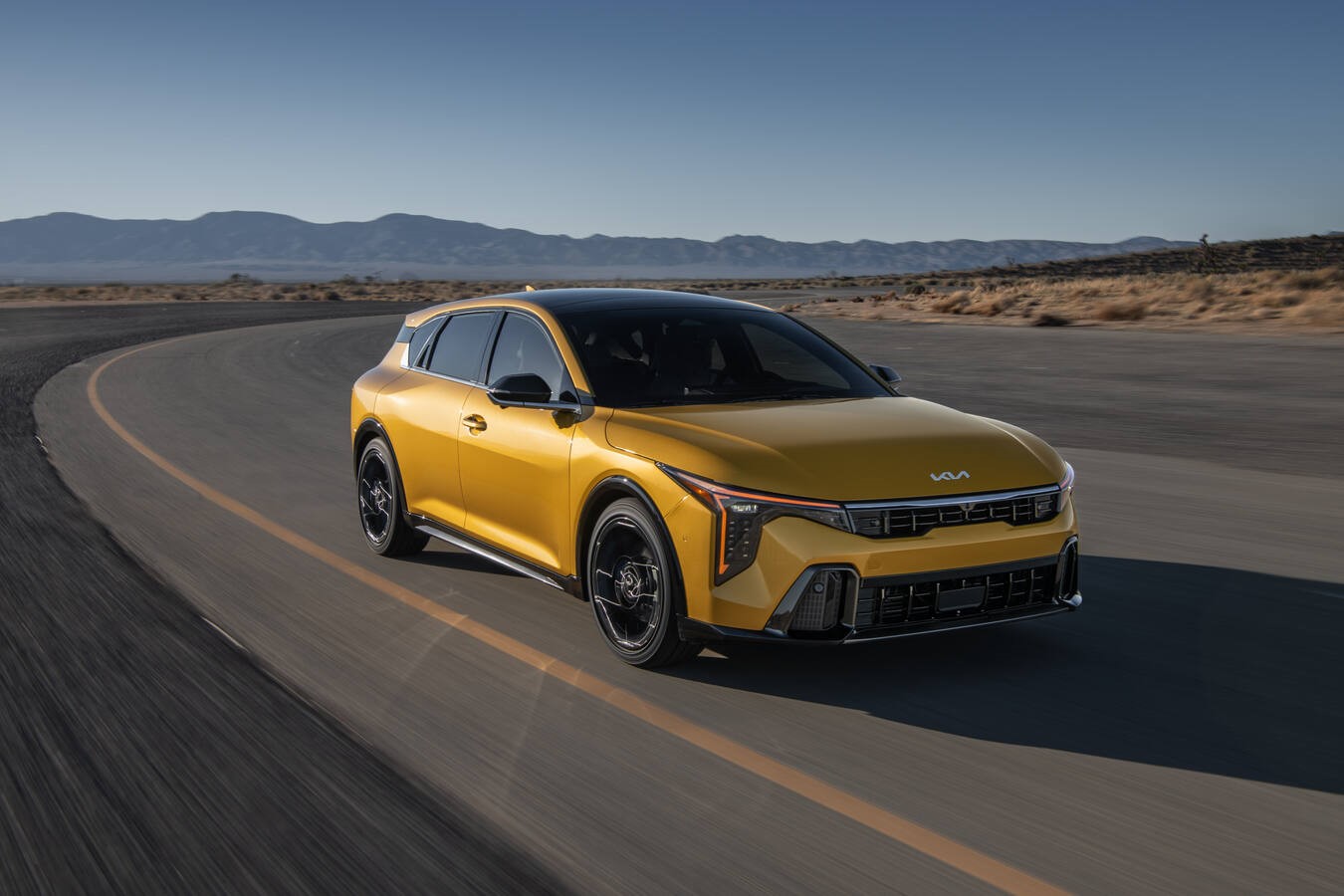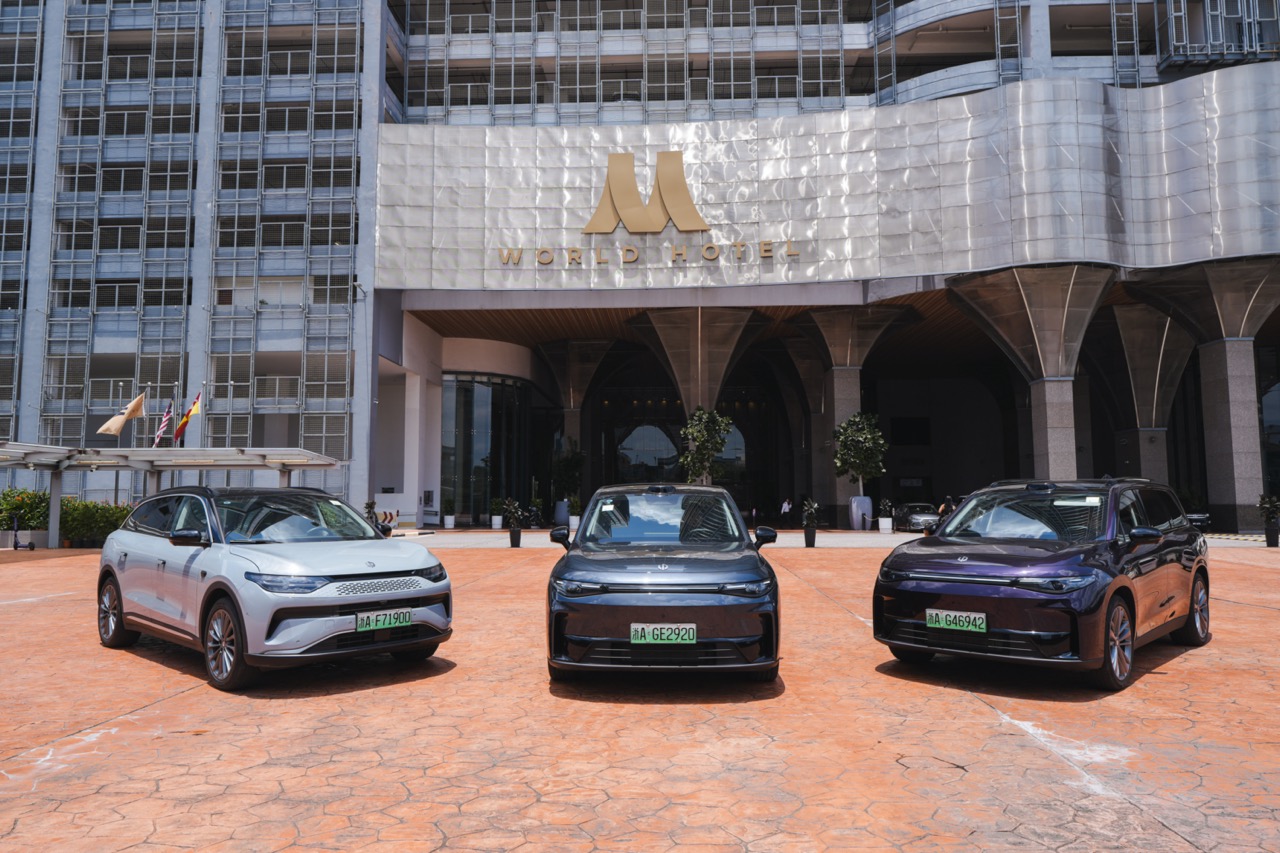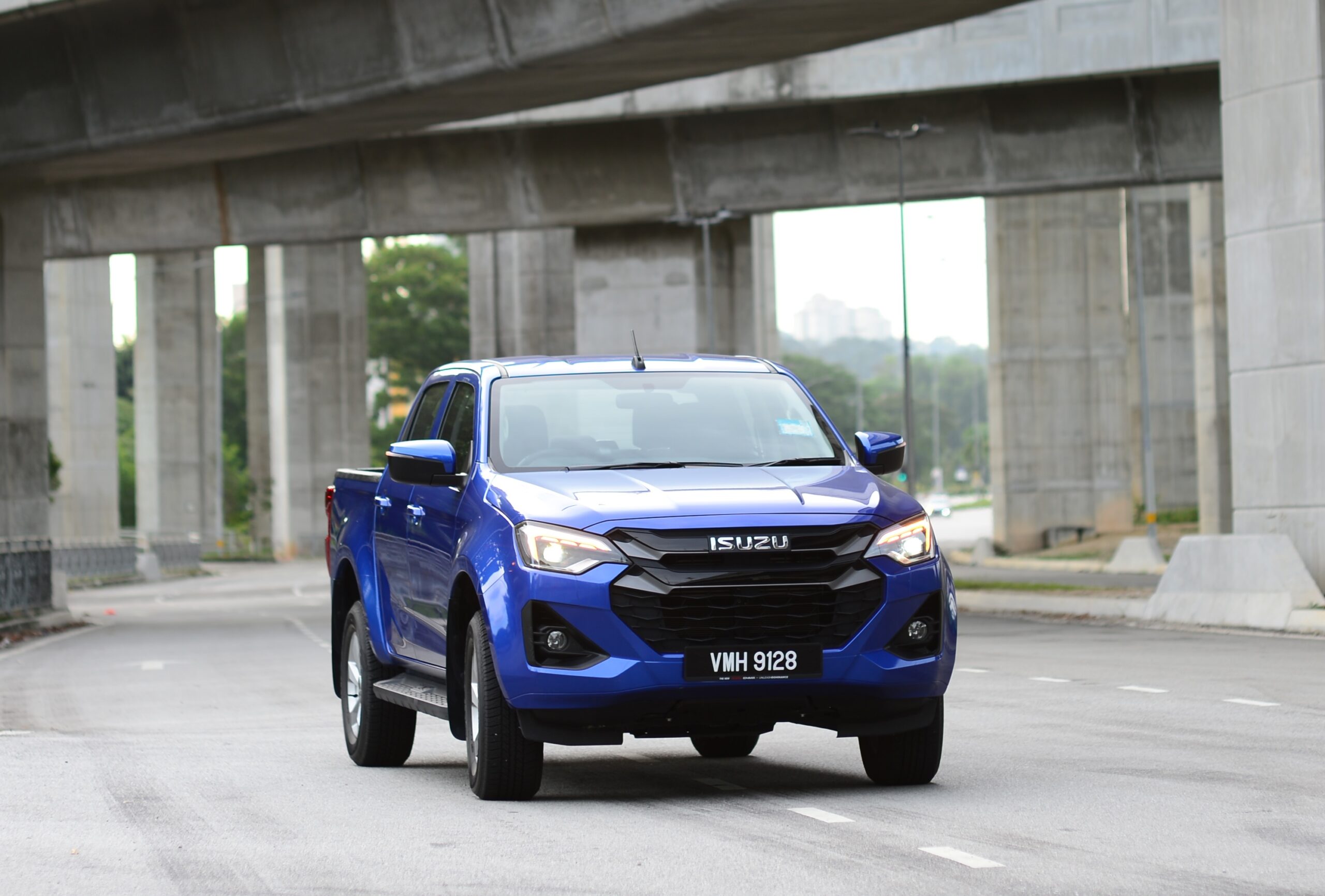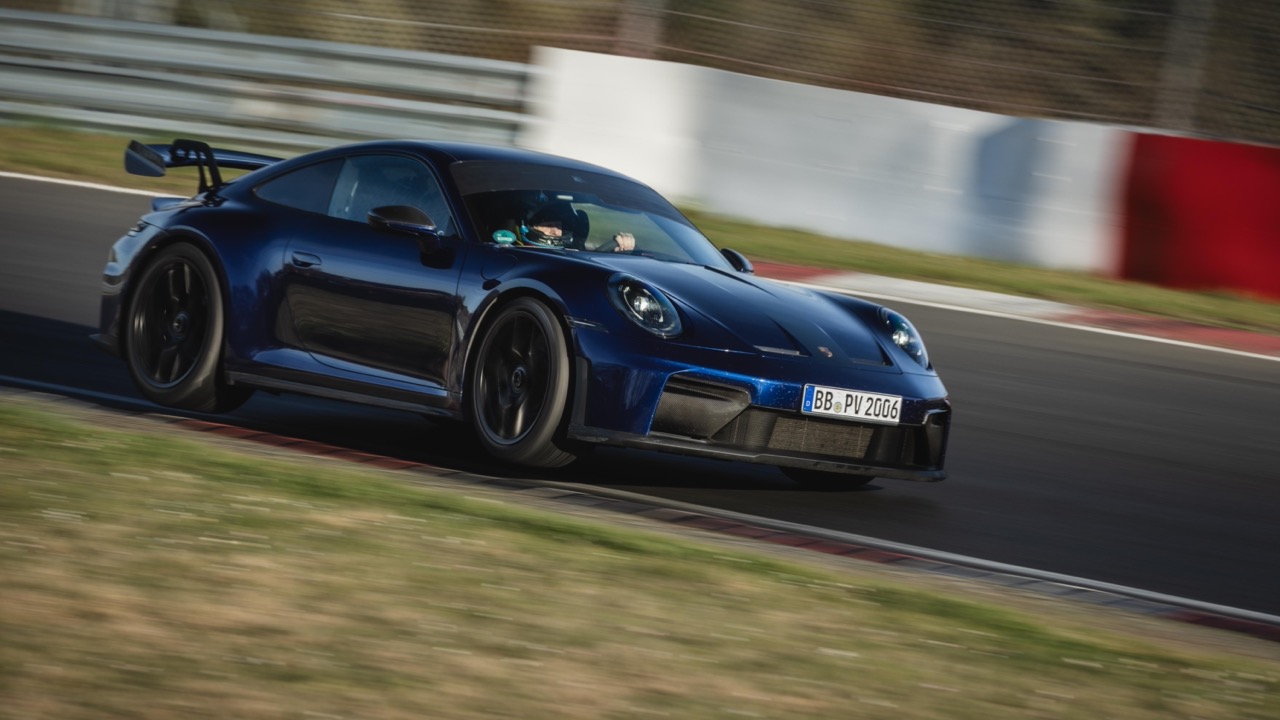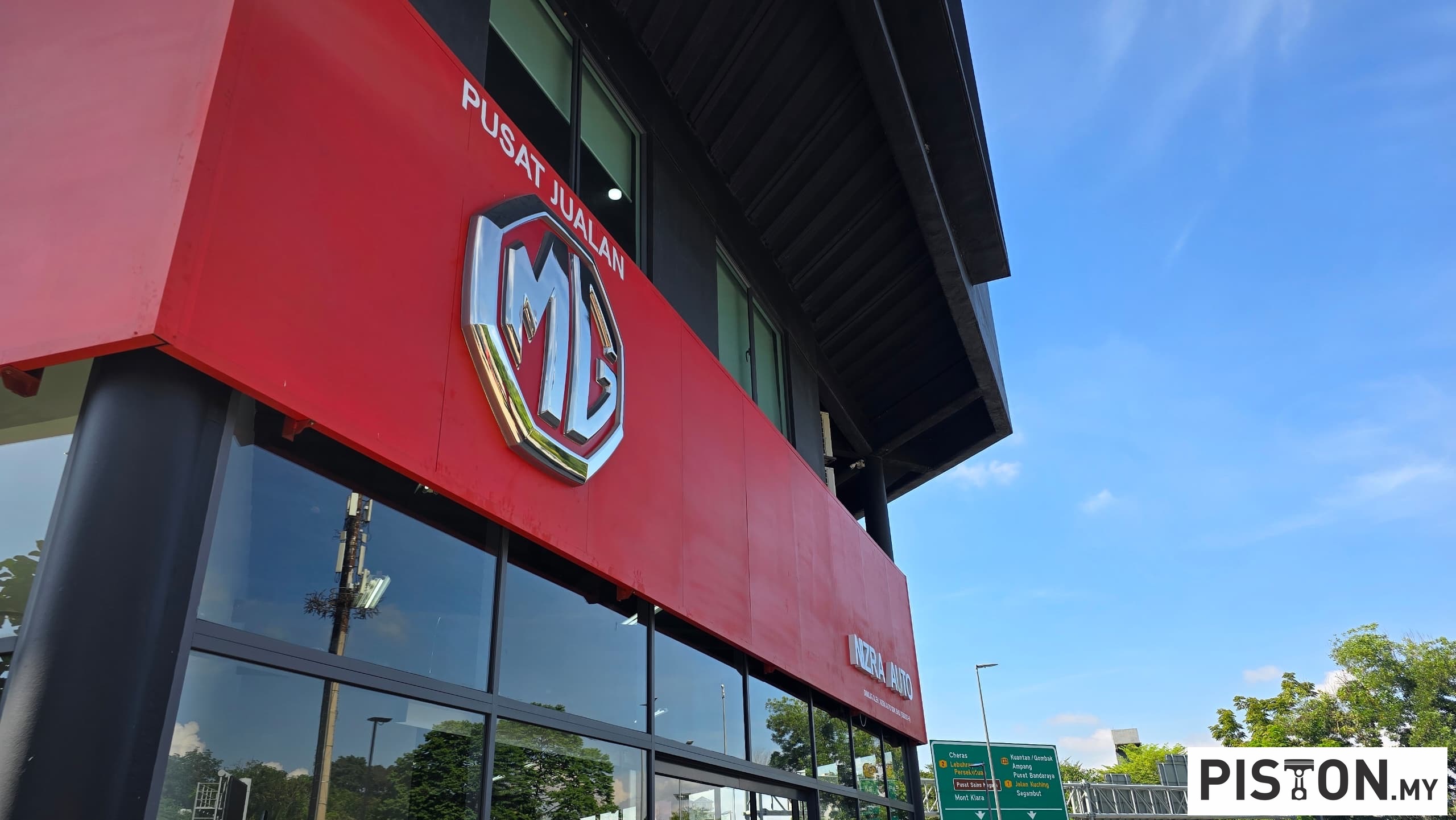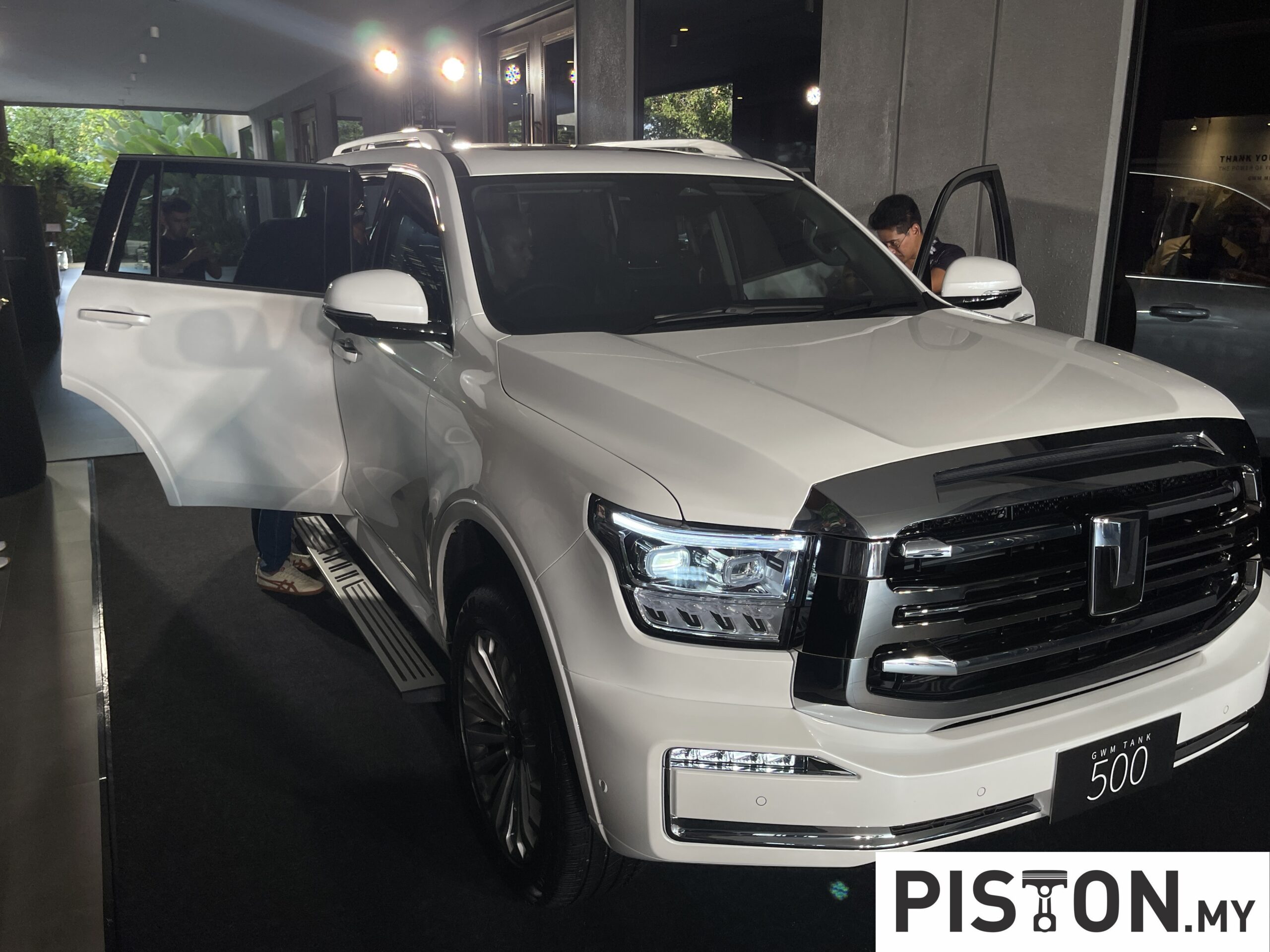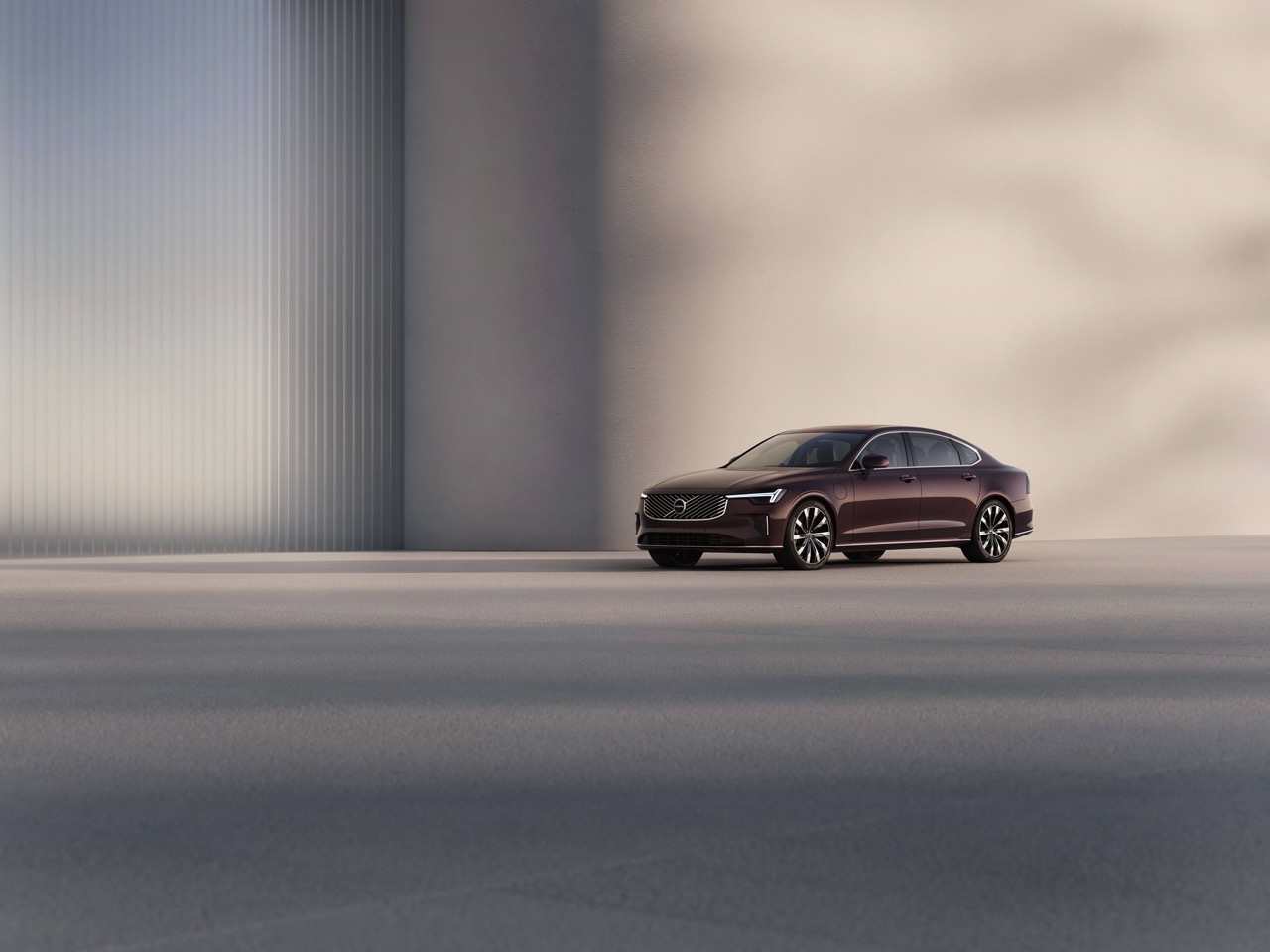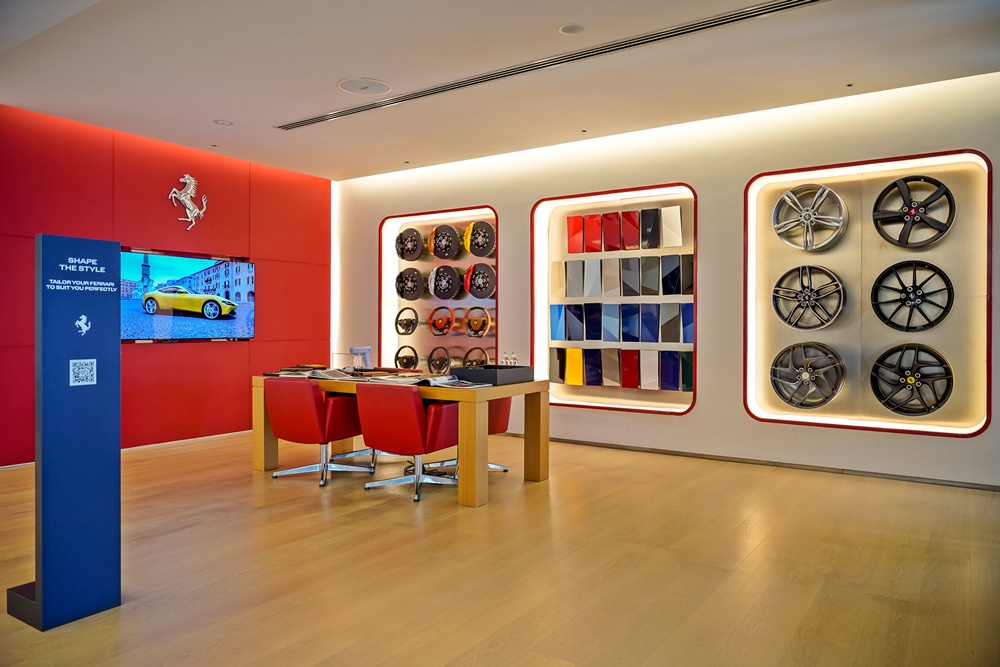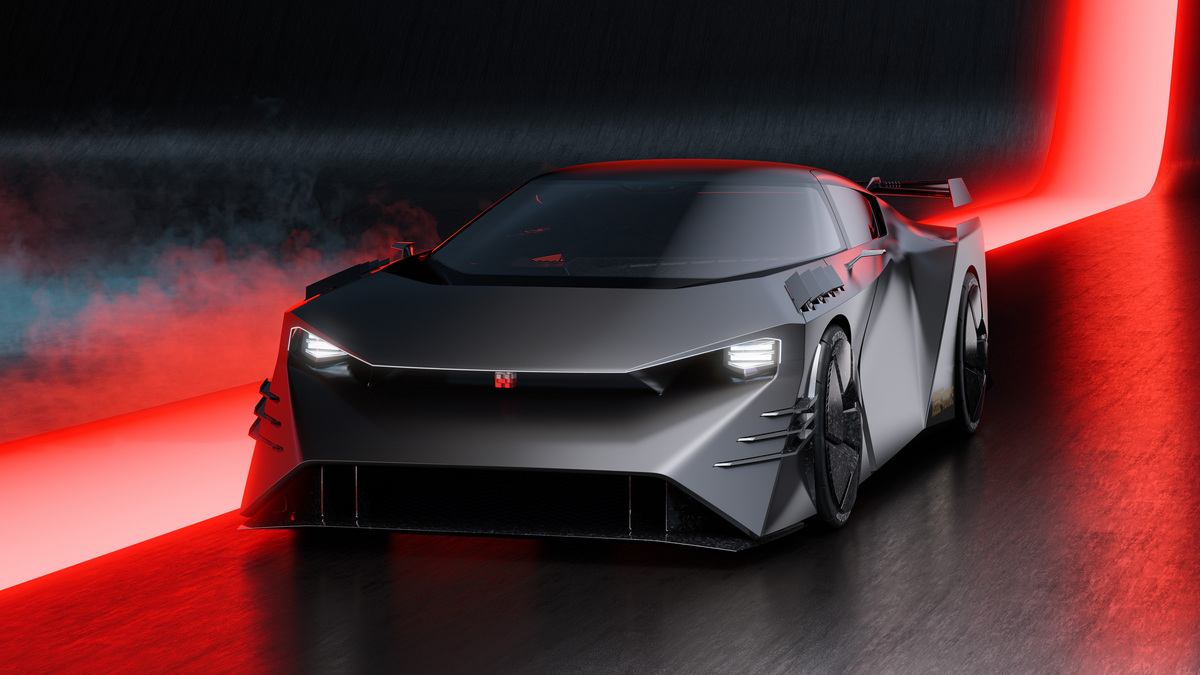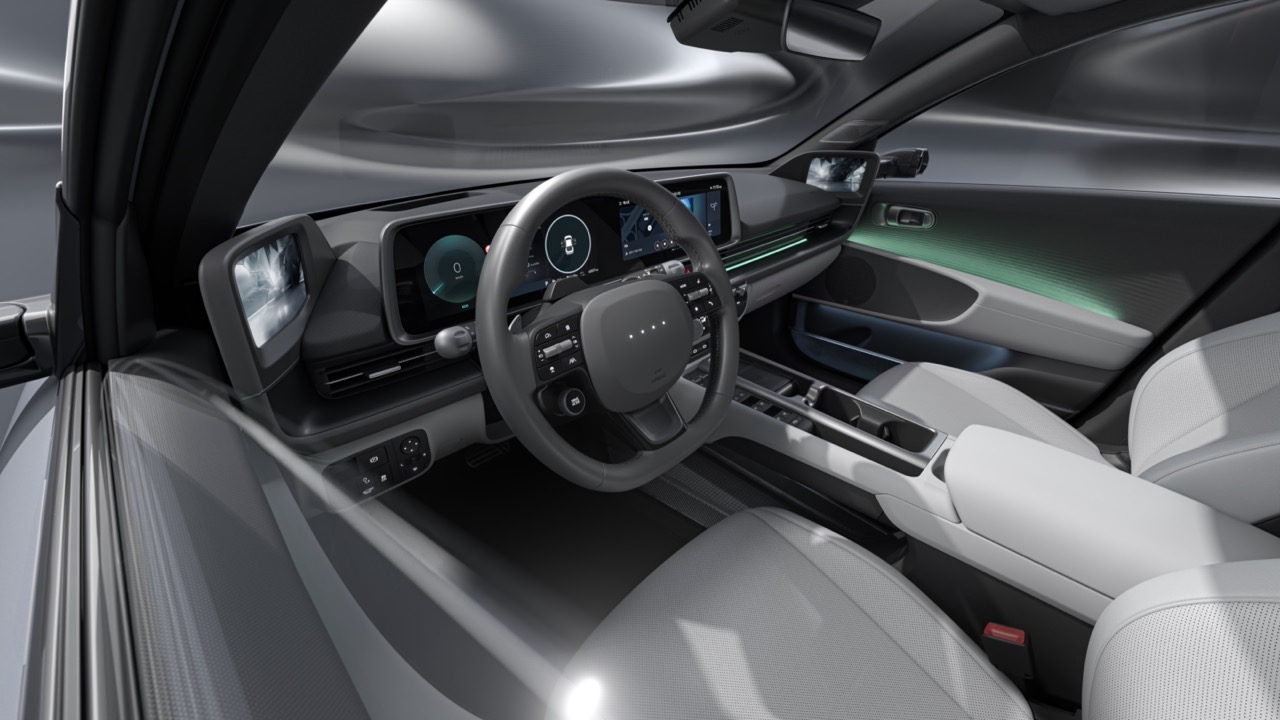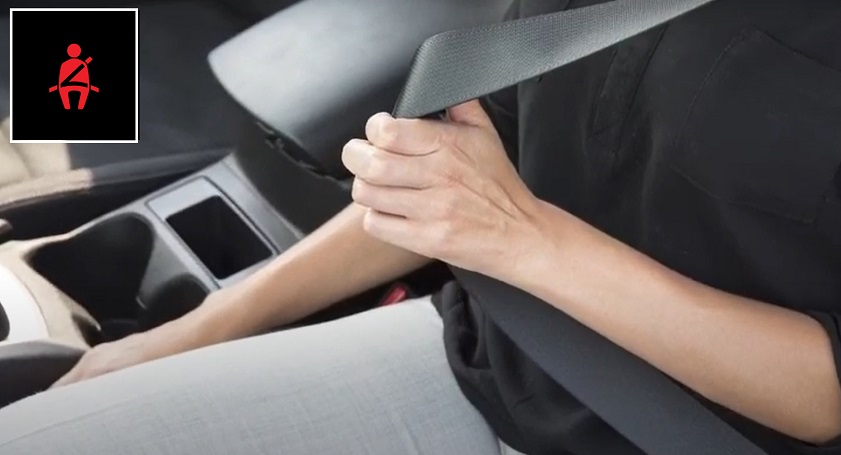Although demand for SUVs has surged over the past decade, European motorists have still had a love for the stationwagon. In fact, the C-segment stationwagon segment has remained constant since 2010. To Europeans, the stationwagon is considered a more ‘environment-friendly’ dual-use vehicle than a heavy and bulky SUV (though that argument no longer applies).
Joining the stationwagon offerings from the beginning of 2022 will be the new Peugeot 308 SW, a variant of the new 308 hatchback that was revealed in March this year. The 308 SW has the same new design language elements of the hatchback but isn’t just a 308 with more length. From the rear door line, everything is different with the rear lights deeper in the body. Like most stationwagons, the longer body helps in aerodynamic efficiency which, in the case of the 308 SW, is 0.277 Cd.
LED lighting across the range
Peugeot draws attention to the lighting units which, at the front, use LED technology across the range. They are supplemented by daytime running lights (DRLs) in the shape of fangs on the front bumper. On the GT/GT Pack levels, the Full LED headlights are even slimmer and have PEUGEOT Matrix LED Technology for greater efficiency and safety. At the rear, the lights have full LED technology displaying the 3 claws that identify the brand.
The EMP2 platform has been adapted for the longer 308 SW with an extra 55 mm of wheelbase. Apart from increasing legroom for the rear passengers, the boot capacity is also more generous, as would be expected. However, the maximum volume (with rear seats in use) of 608 litres is available only in models with combustion engines as the battery pack for the plug-in hybrid electric vehicle (PHEV) variant takes away 60 litres. Of course, the rear backrests can be folded down as well, allowing items of up to 1.85 mm to be loaded and extending maximum volume to 1,534 litres (1,574 litres for PHEV).
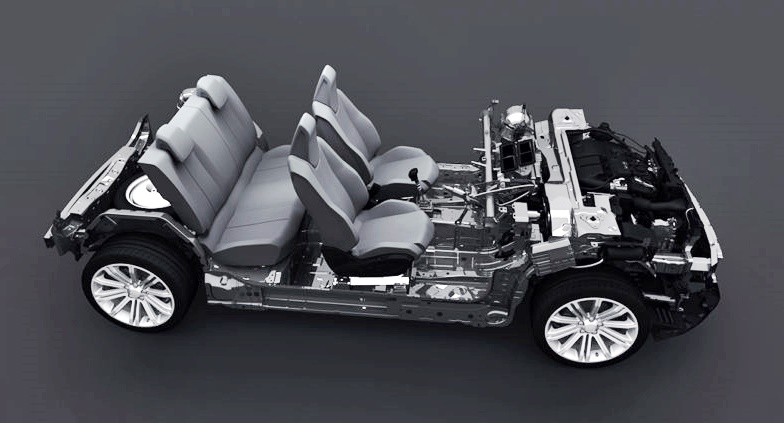
Combustion engines and manual gearboxes still available
While it is steadily electrifying its range, Peugeot is not leaving out combustion engines yet – at least not for this generation. There are petrol and turbodiesel engines available, the former a BlueTech 1.2-litre 3-cylinder unit with 110 or 130 bhp and the latter a BlueHDi 4-cylinder with 1.5 litre displacement and 130 bhp output. 6-speed manual transmissions will still be available, along with automatic transmissions with up to 8 speeds.
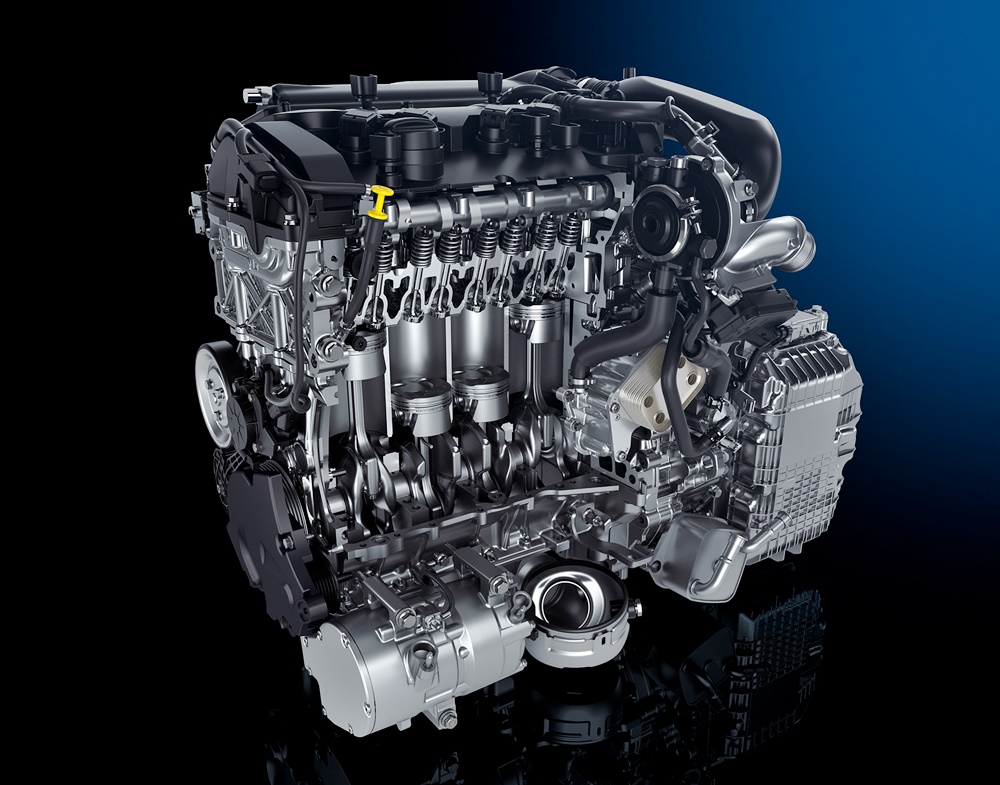
The most powerful engine in the new 308 SW range is the PHEV powertrain with an e-EAT8 transmission. This is offered in two versions – 180 and 225 bhp. The claimed range on a fully-charged 12.4 kWh battery pack is around 60 kms. Peugeot says that the battery pack can be fully recharged in just under 2 hours on a 32A wallbox but just a bit more than 7 hours with an 8A outlet.
Evolved Peugeot i-Cockpit
Like the new 308, the 308 SW also introduces an updated Peugeot i-Cockpit, with a new multifunction double-flattened steering wheel. The i-Cockpit is a centrepiece of the new Peugeots and has extensive levels of digitisation. With each generation, it has become more refined in terms of ergonomics, quality, design and technology and includes the PEUGEOT i-Connect infotainment system. The i-Connect Advanced option has an ‘OK PEUGEOT’ command system using natural language voice recognition to provide access to all requests related to the infotainment functions.
The 10-inch 3D display is positioned for comfortable viewing and can be fully customised with several display modes. The central infotainment HD display is a colour touchscreem, also 10 inches, with i-toggles. These are fully configurable to provide one-click access to the main functions of the infotainment system. Comprehensive connectivity options include 4 USB Type-C sockets, screen mirroring for smartphones and Bluetooth, with the possibility of connecting two devices at the same time.
The construction of the dashboard is based on a ‘high wind’ architecture which places the air vents directly in front of the occupants’ heads and provide optimal comfort. Other interior design highlights show a diversity and richness of the materials used. The LED mood lighting is hidden behind the central screen and glows over the main décor right up to the door panels which can be foamed, in fabric, in Alcantara, or made of real pressed aluminium parts.
The technology will also include the Drive Assist 2.0 pack, with driver assistance systems that are capable of semi-autonomous motoring. In addition to adaptive cruise control with Stop and Go and lane-keeping assistance, there is semi-automatic lane change (between 70 and 180 km/h), advance speed recommendation and automatic speed adjustment in curves.
Another one for BAASB?
Although the stationwagon market in Malaysia is small and most brands don’t bother with it, it has not discouraged Bermaz Auto (BAuto) from selling the attractive Mazda6 stationwagon. As BAuto now also handles Peugeot – via Berjaya Auto Alliance Sdn Bhd (BAASB) – it might well offer the 308 SW as well. And if the government can get together a coherent EV policy which gives incentives to hybrids to bring their prices down, we might see the PHEV too. Incidentally, BAuto has acquired an additional 35% stake in BAASB from Berjaya Corporation which its total stake is 55% and BAASB thus becomes a BAuto subsidiary.




